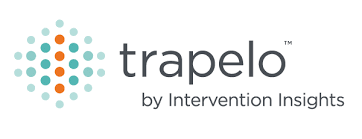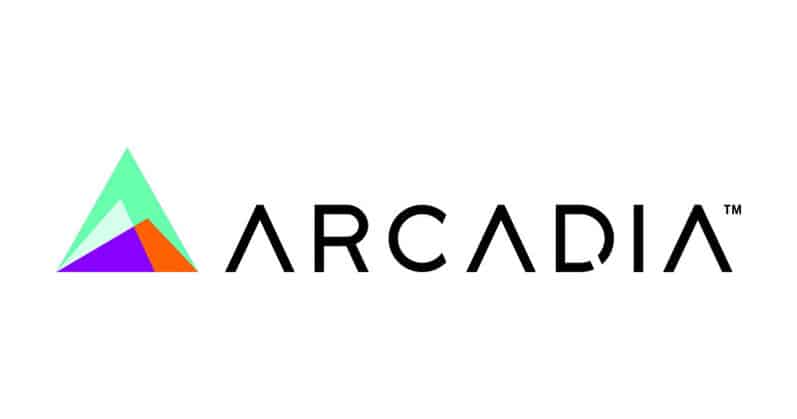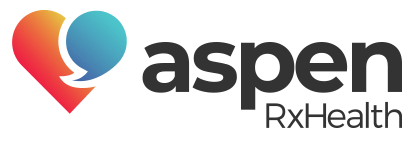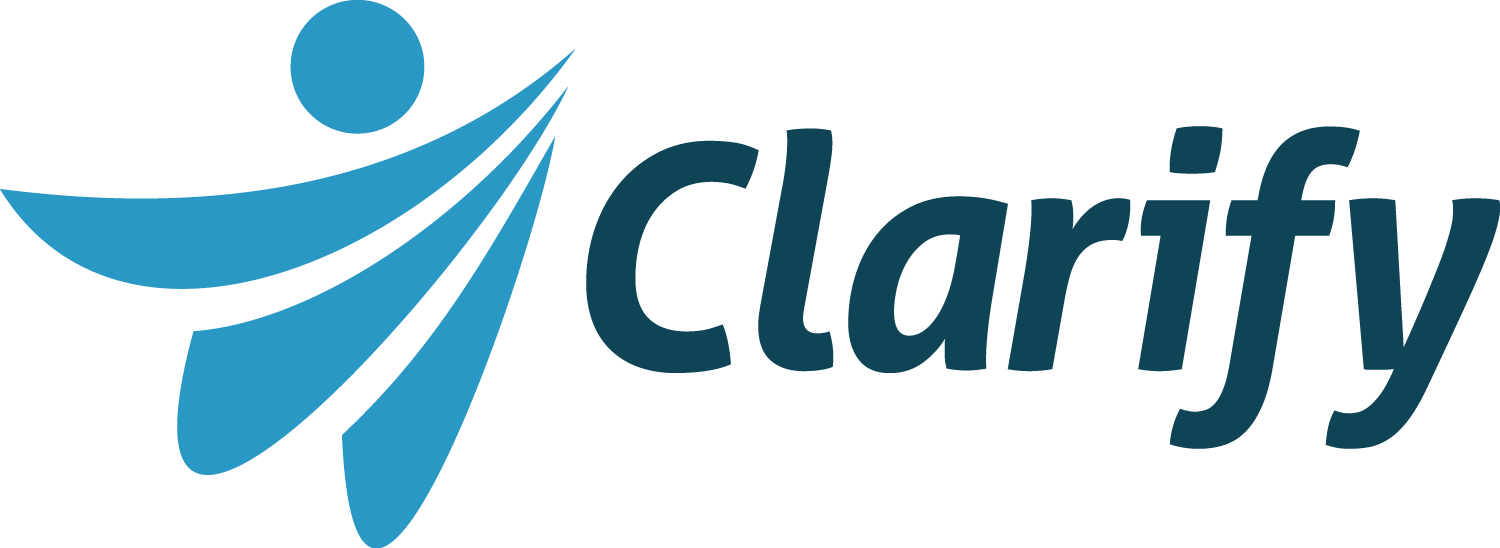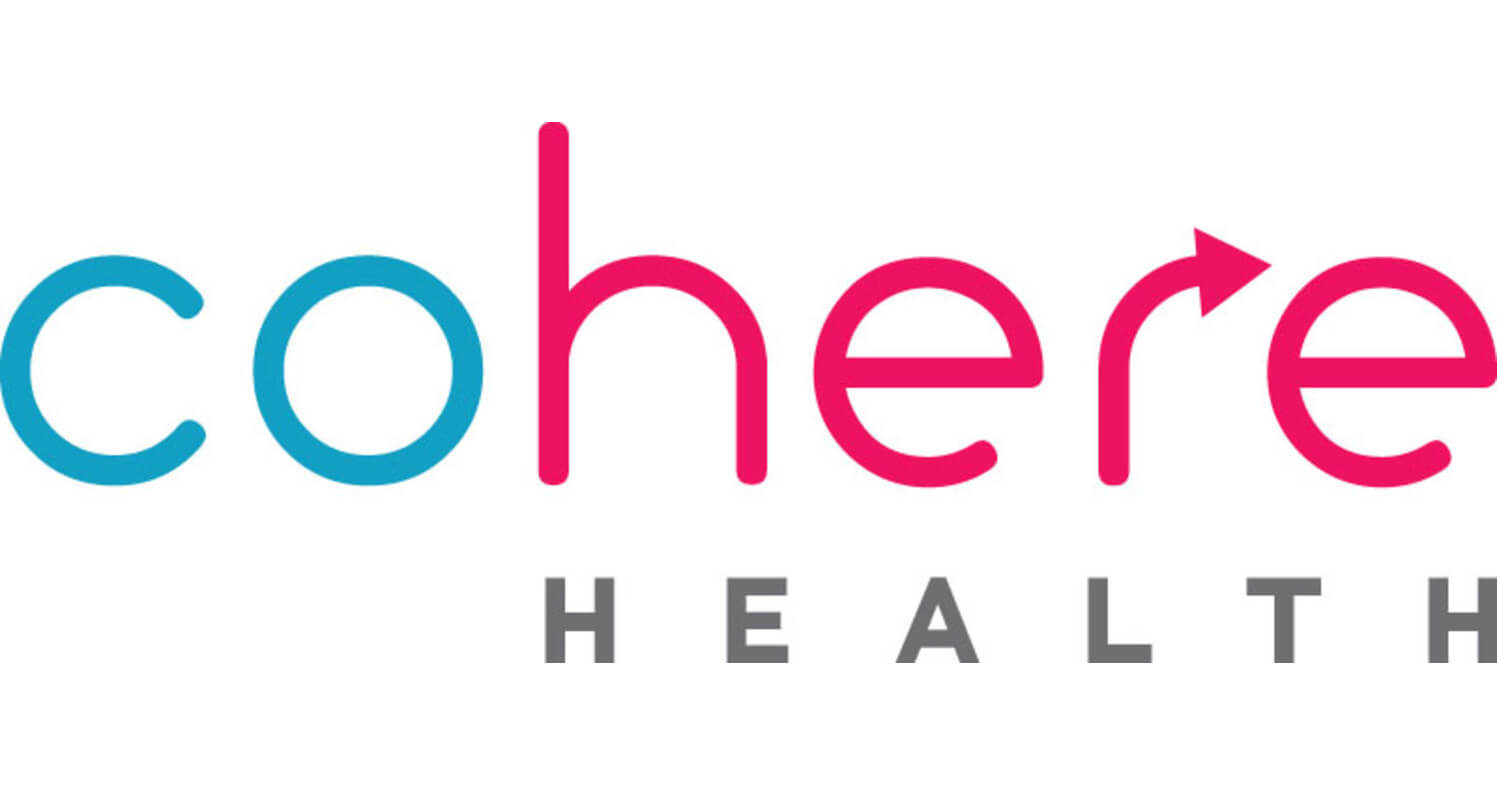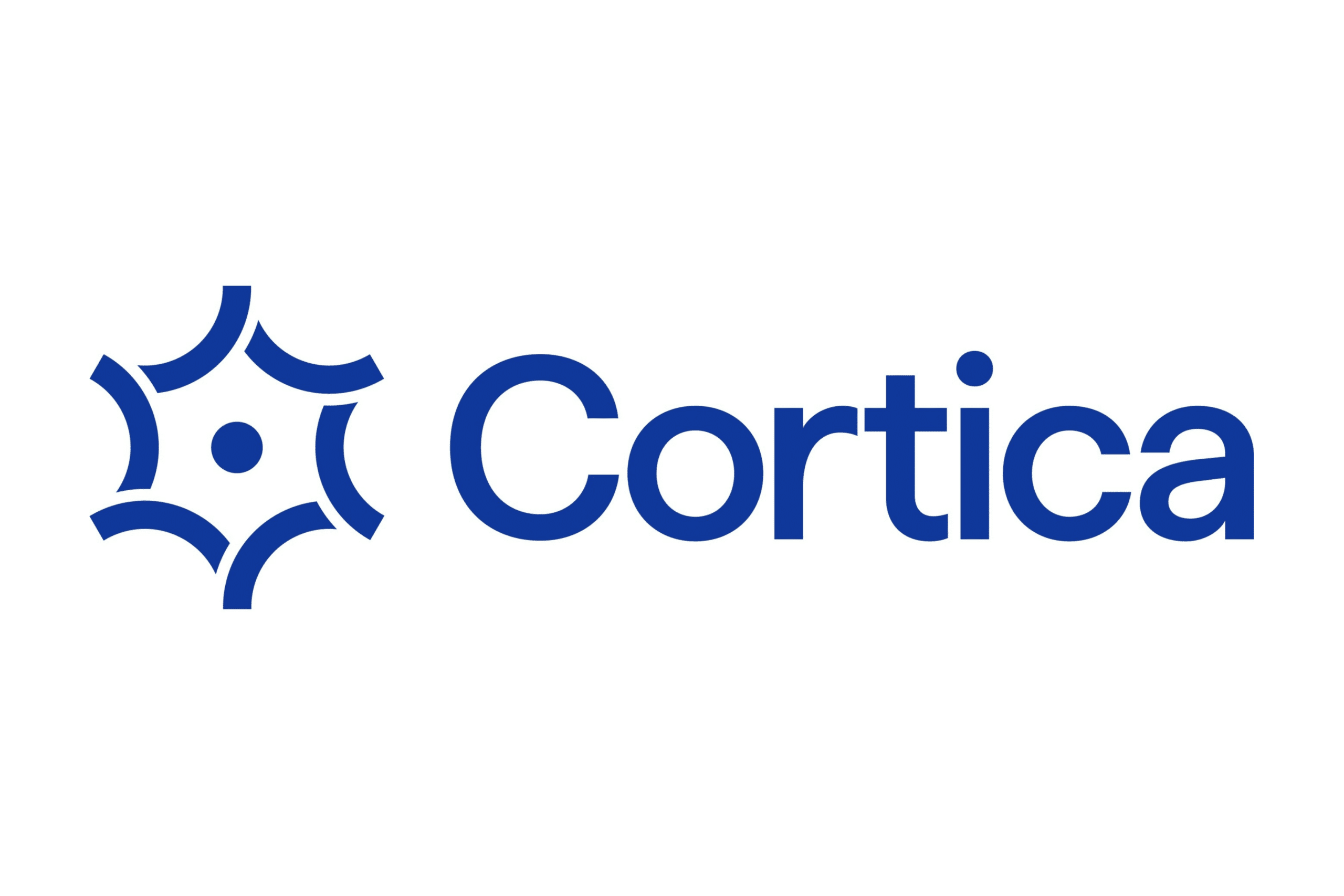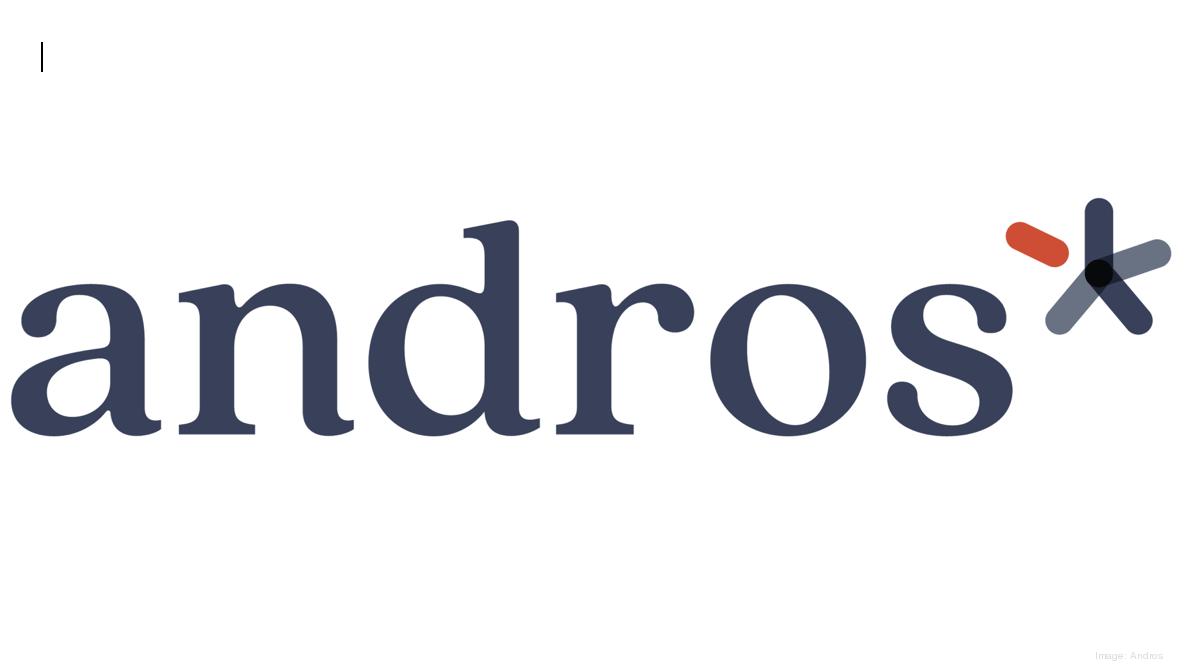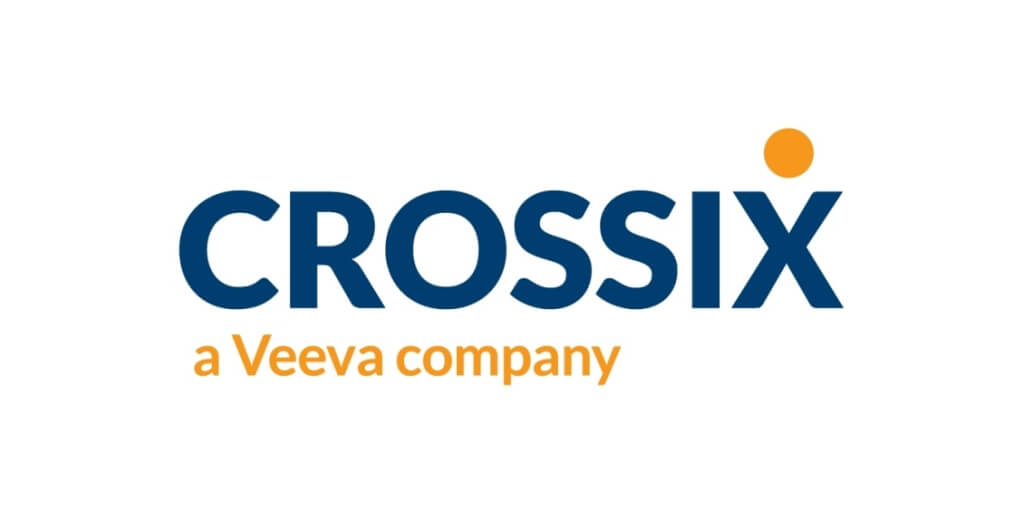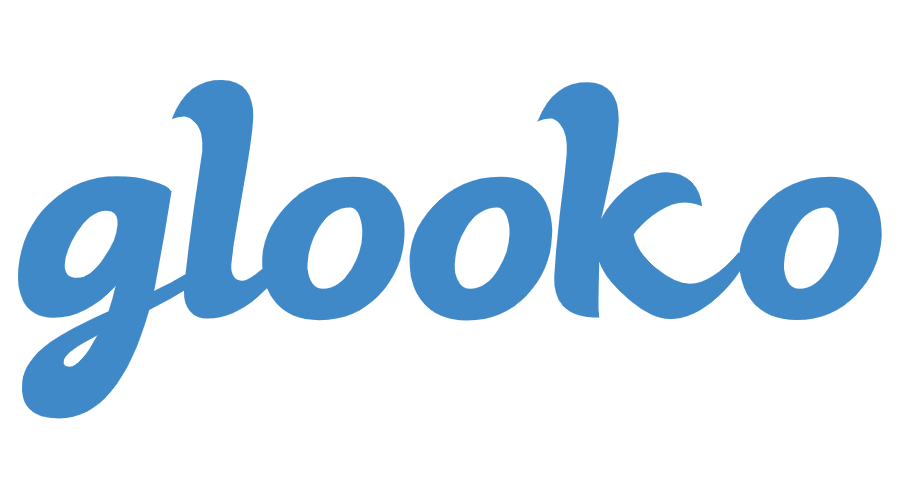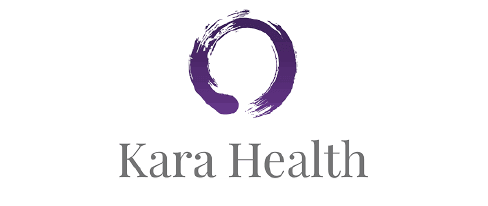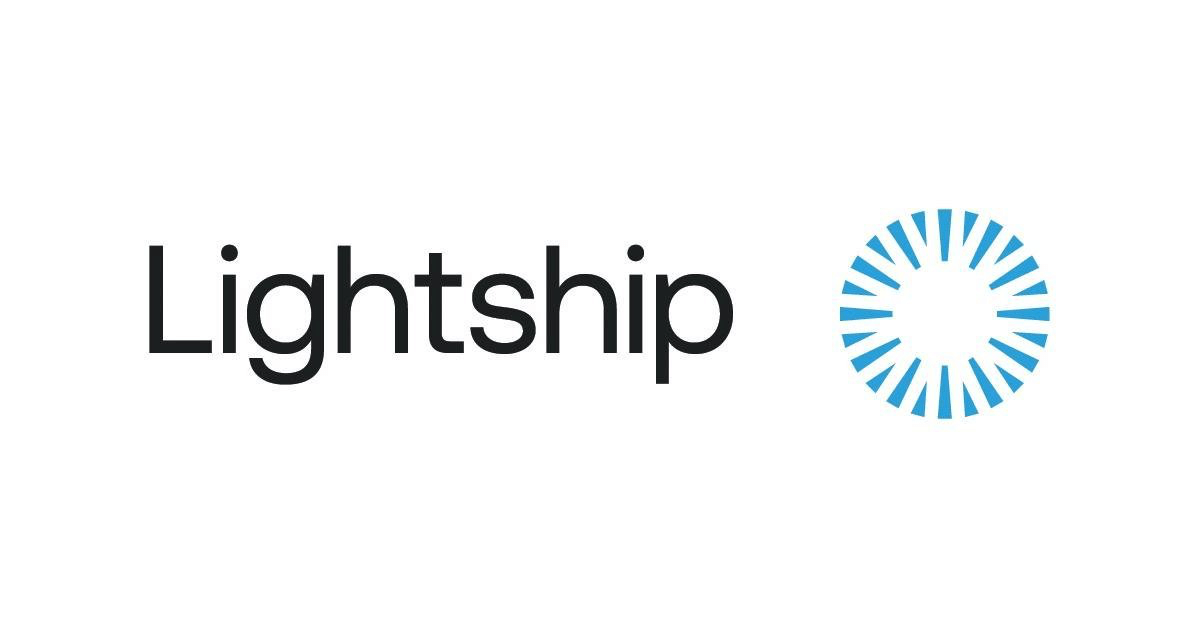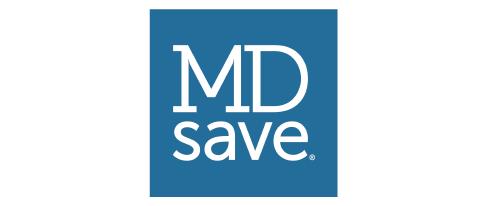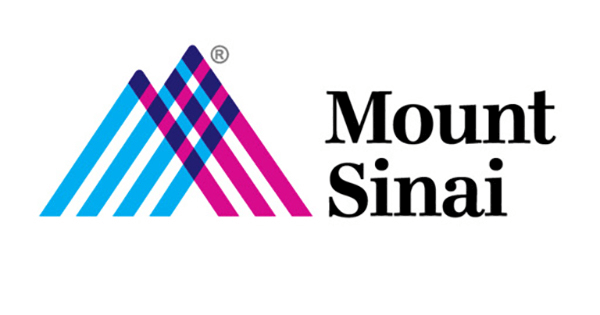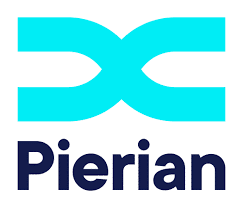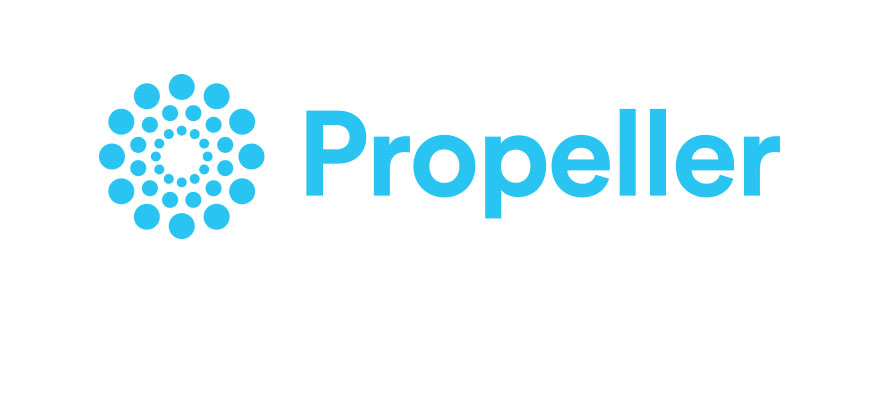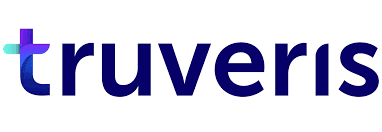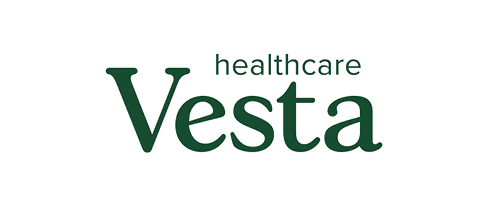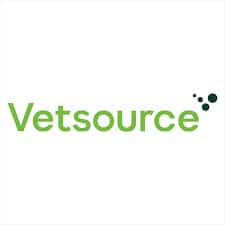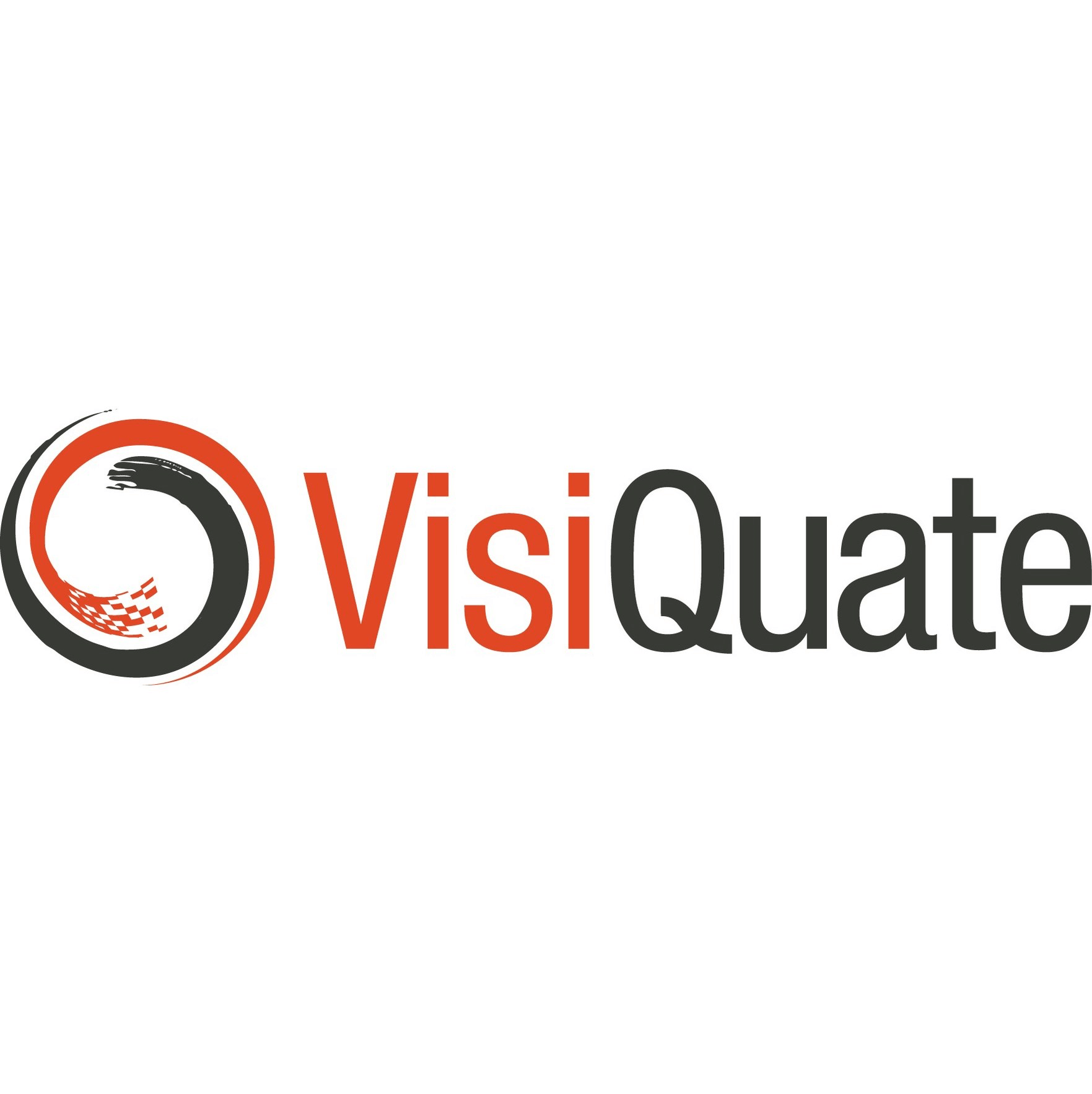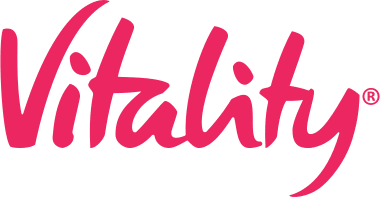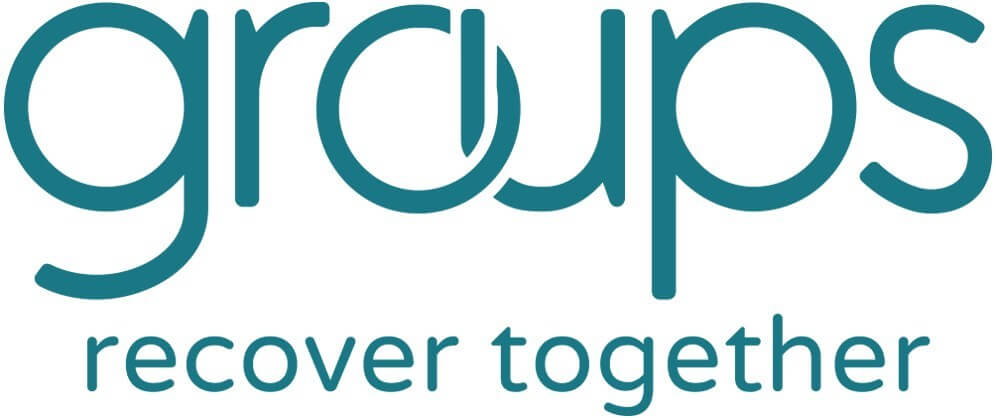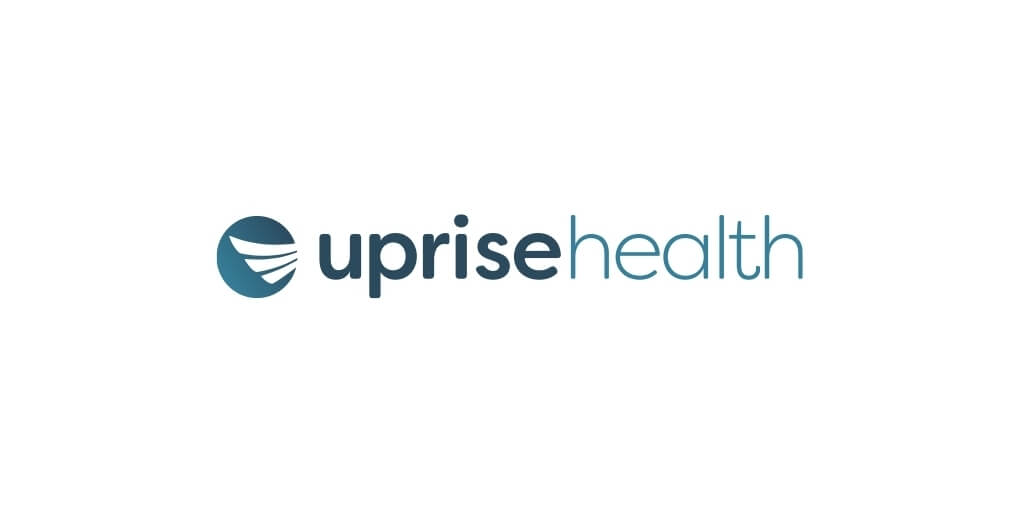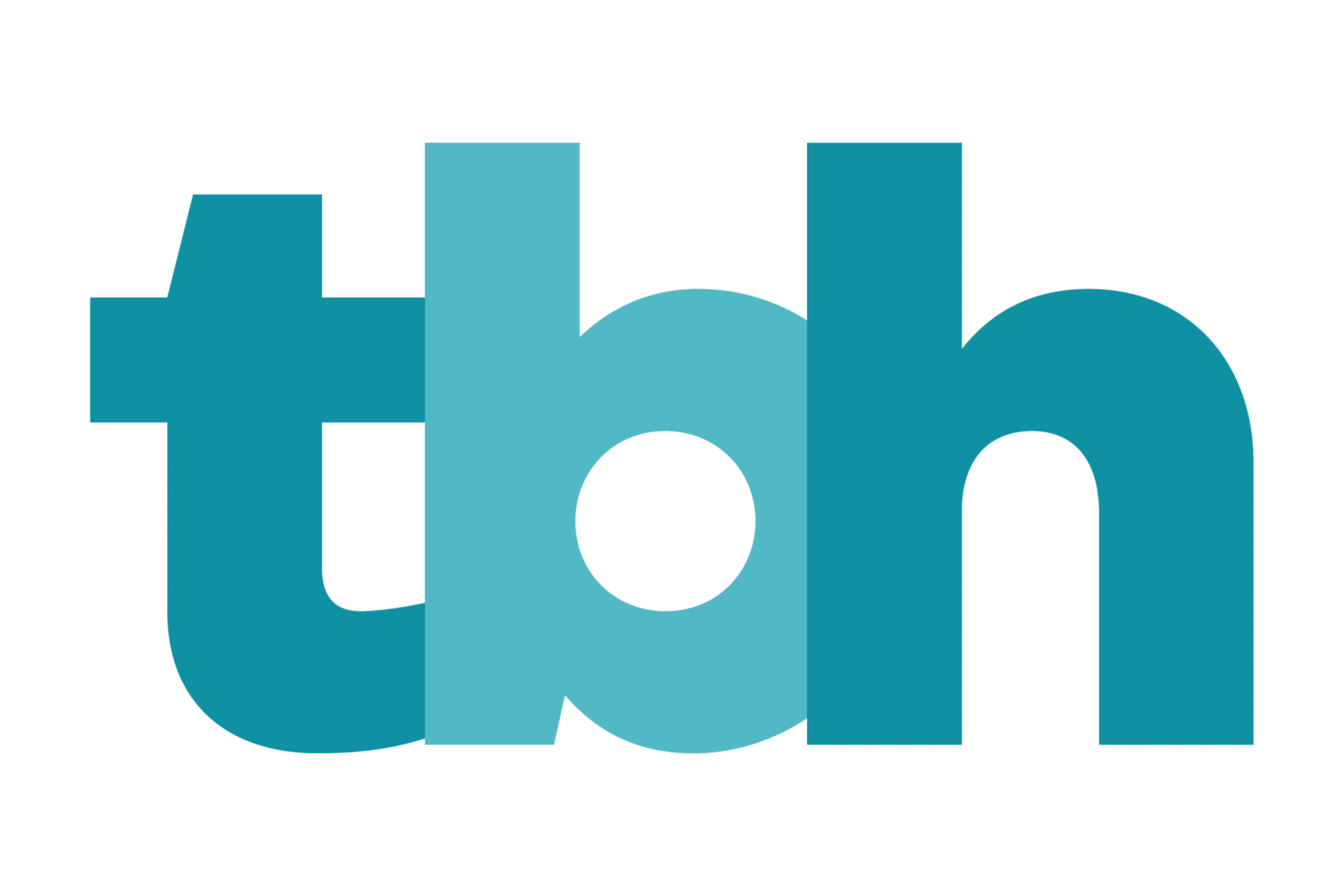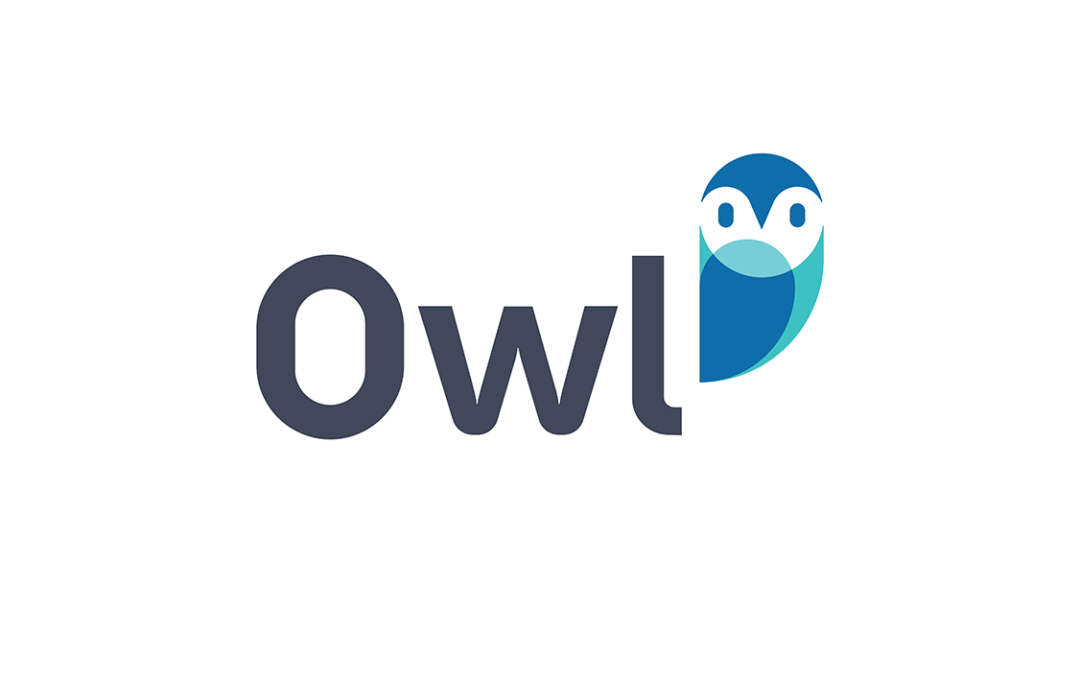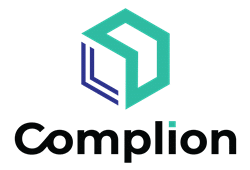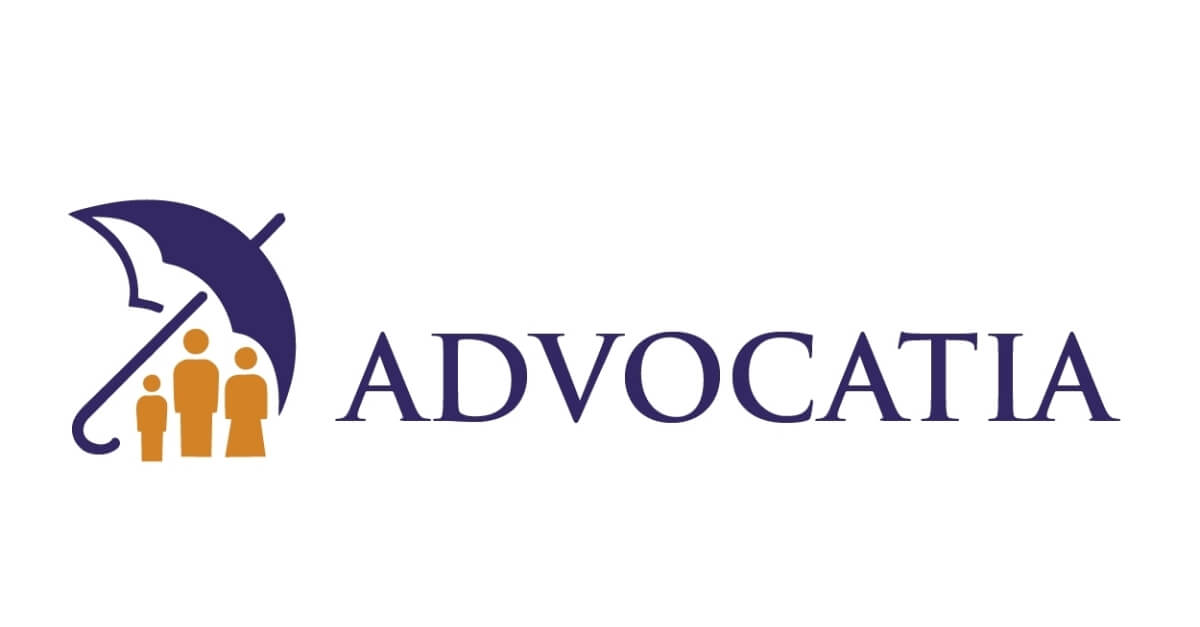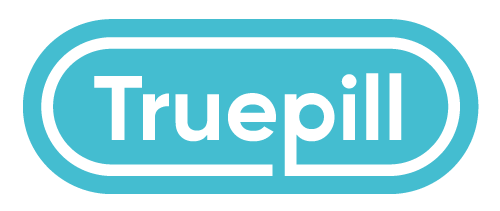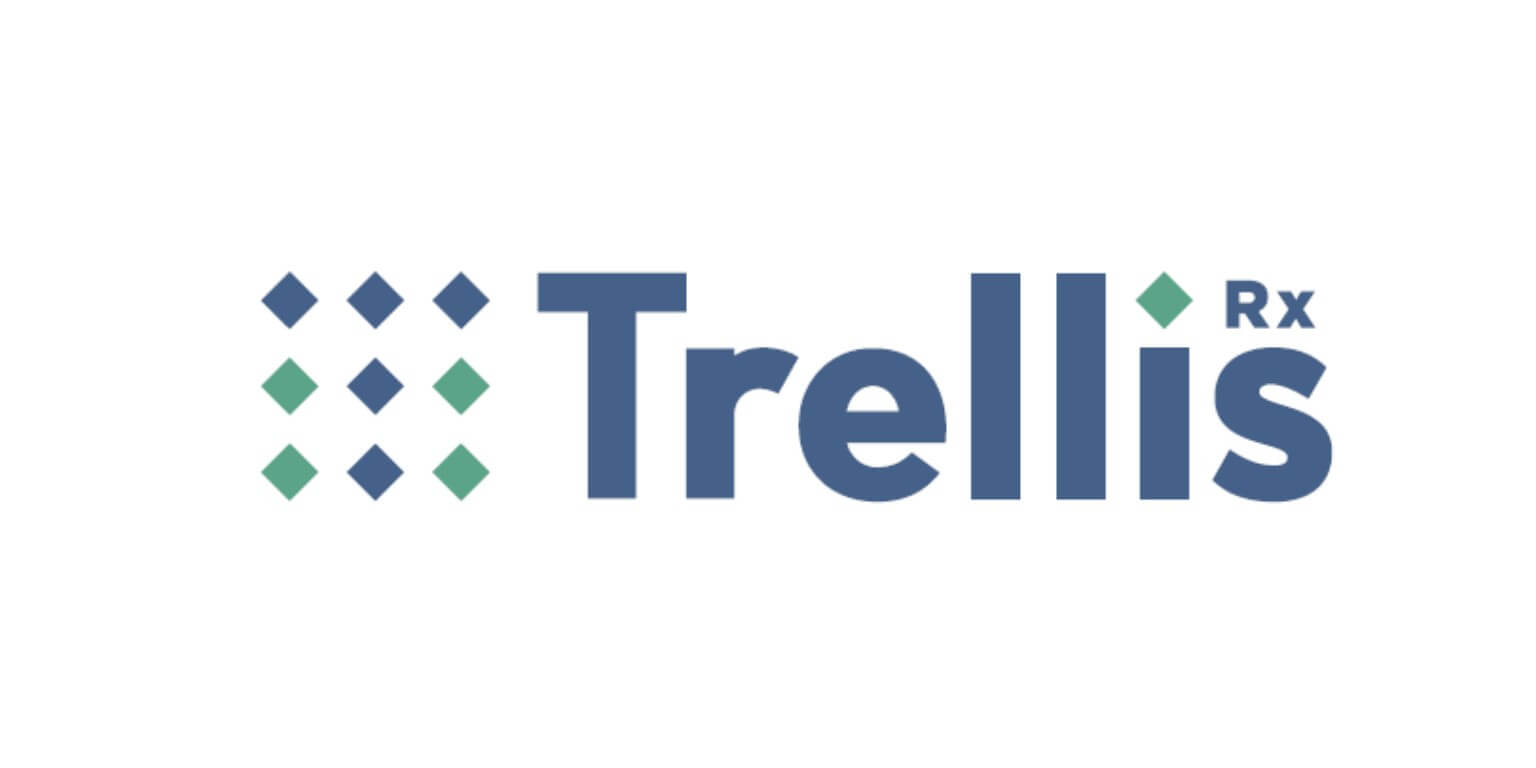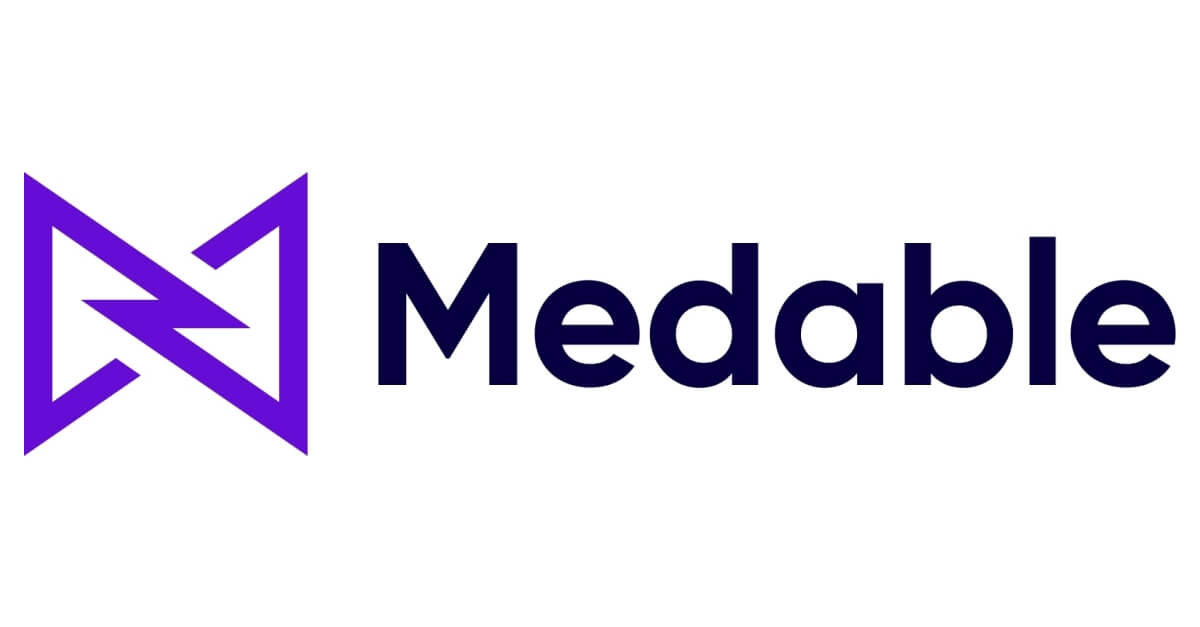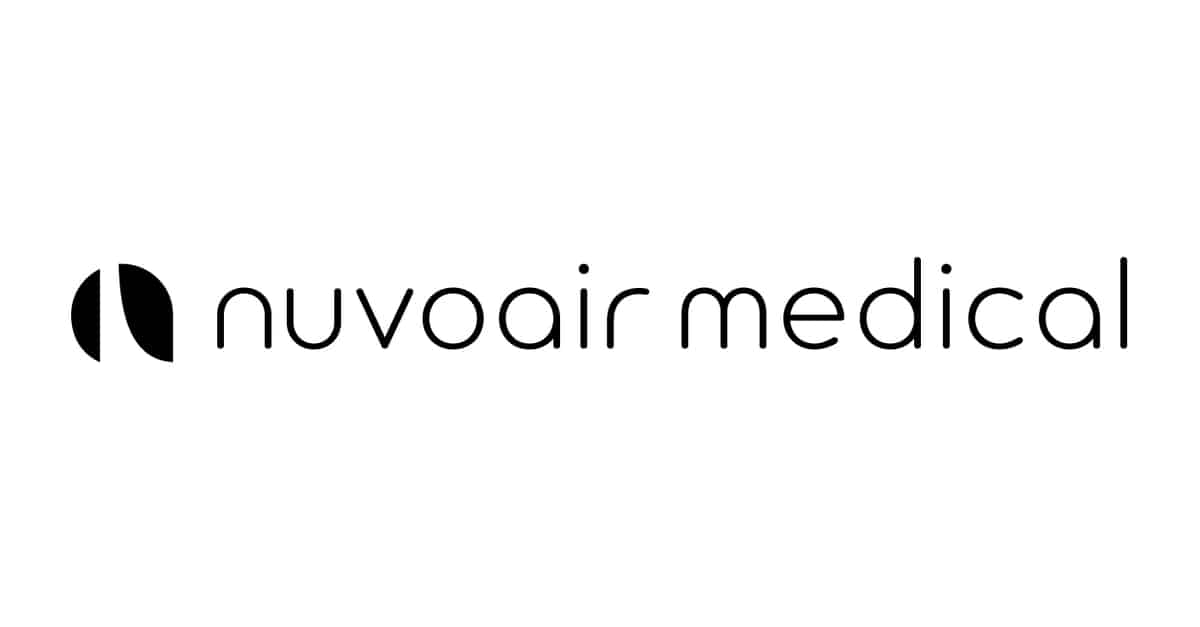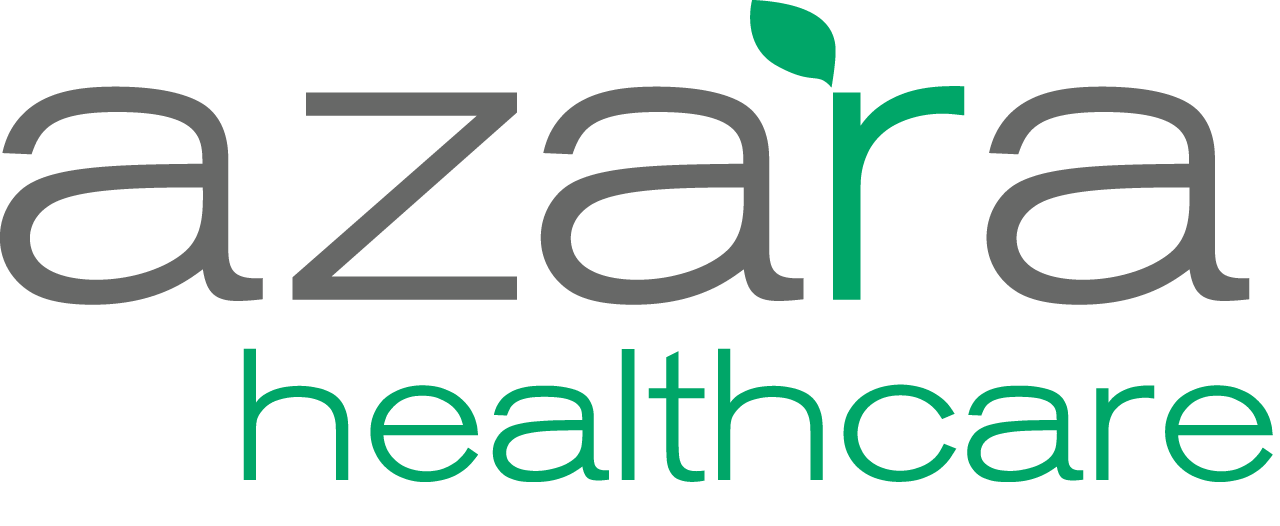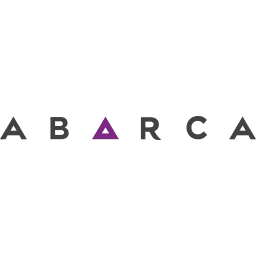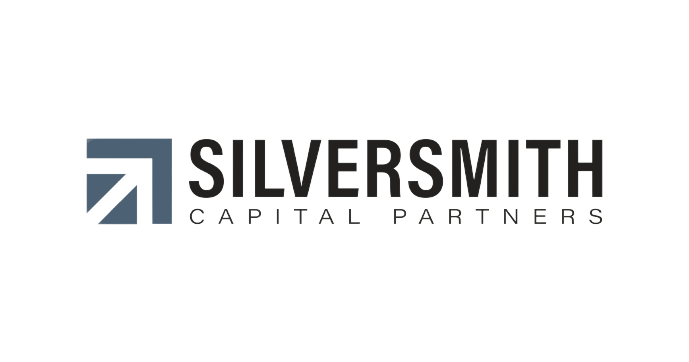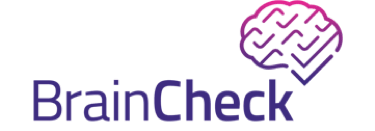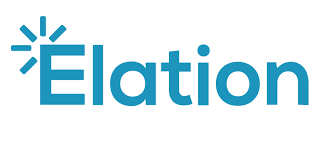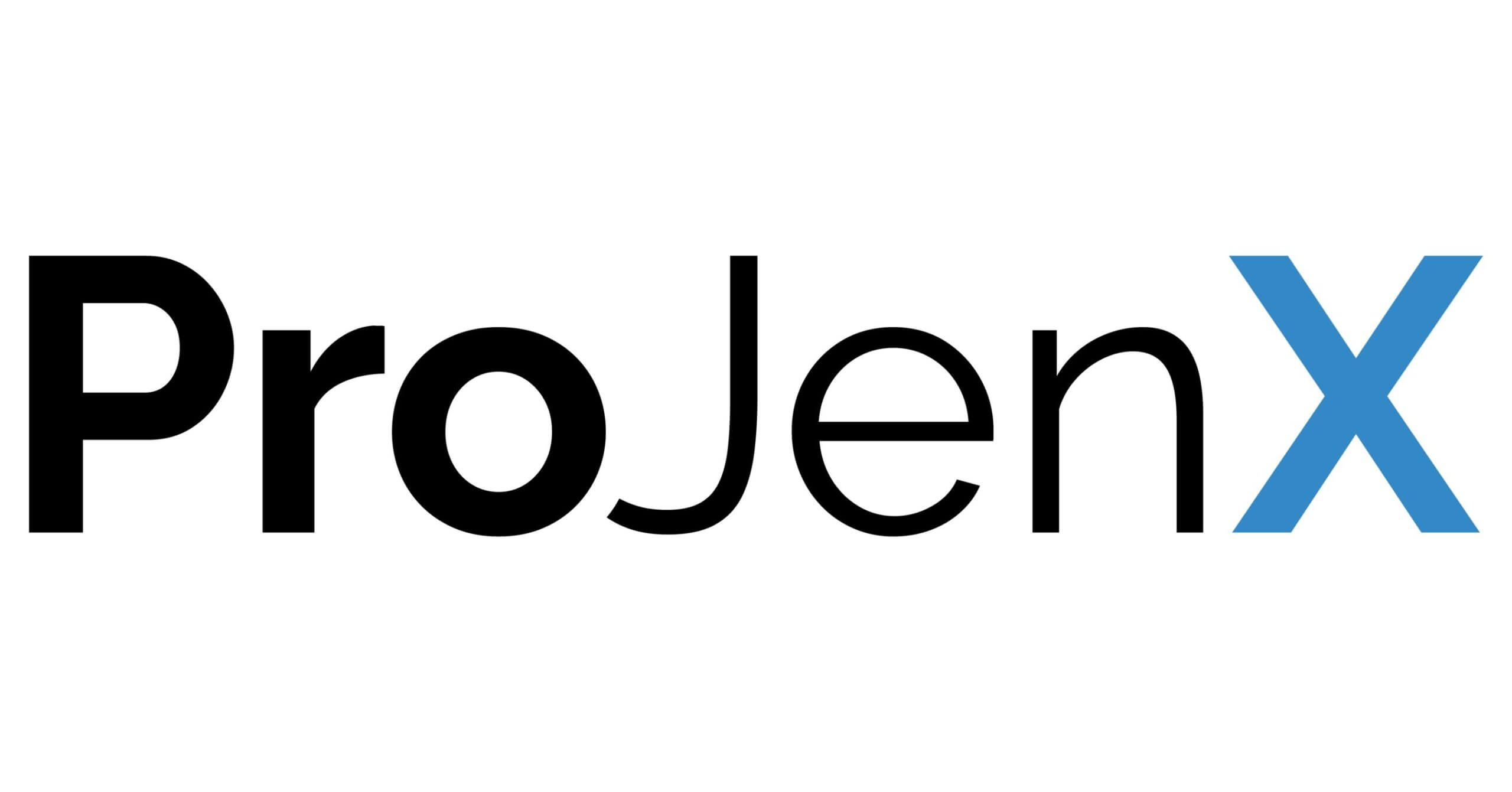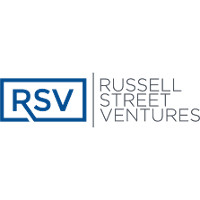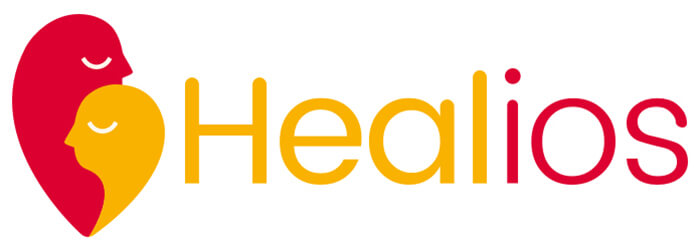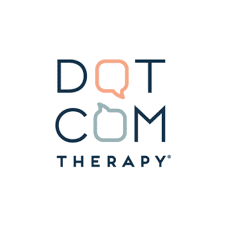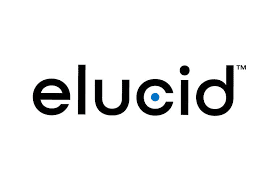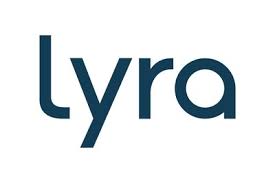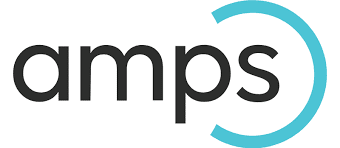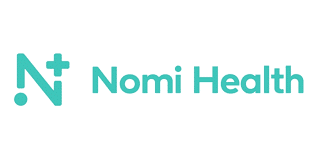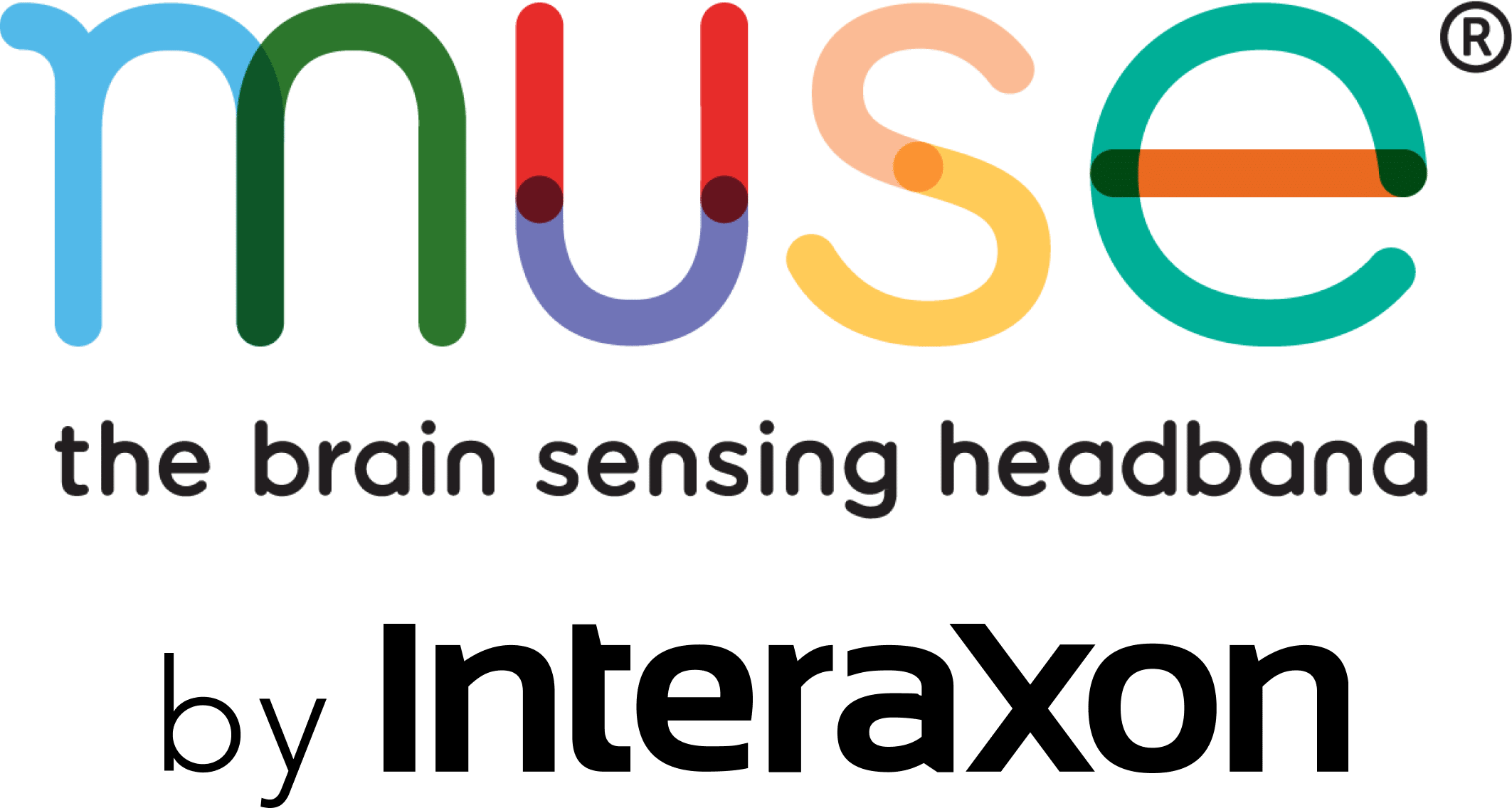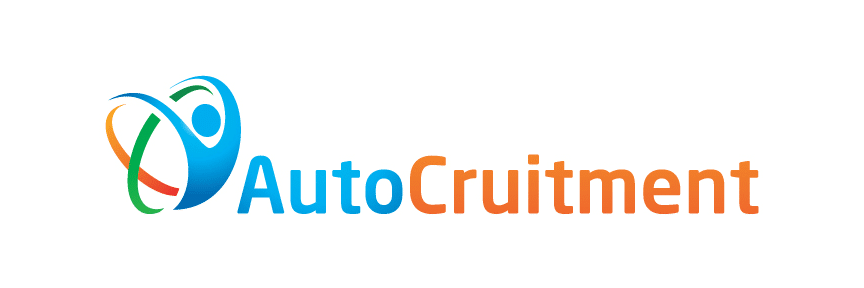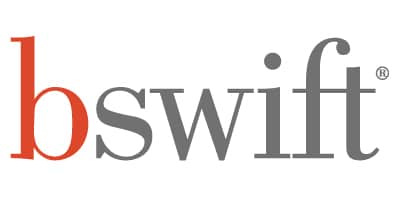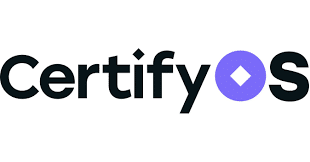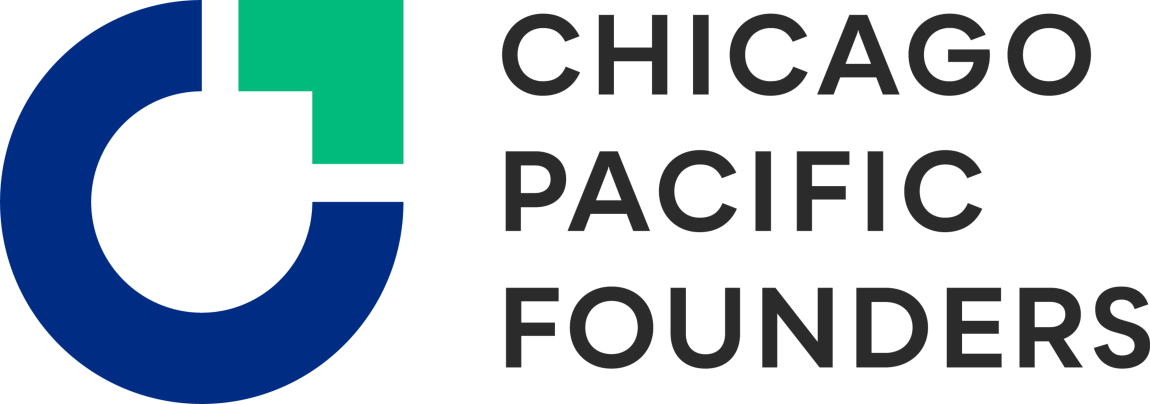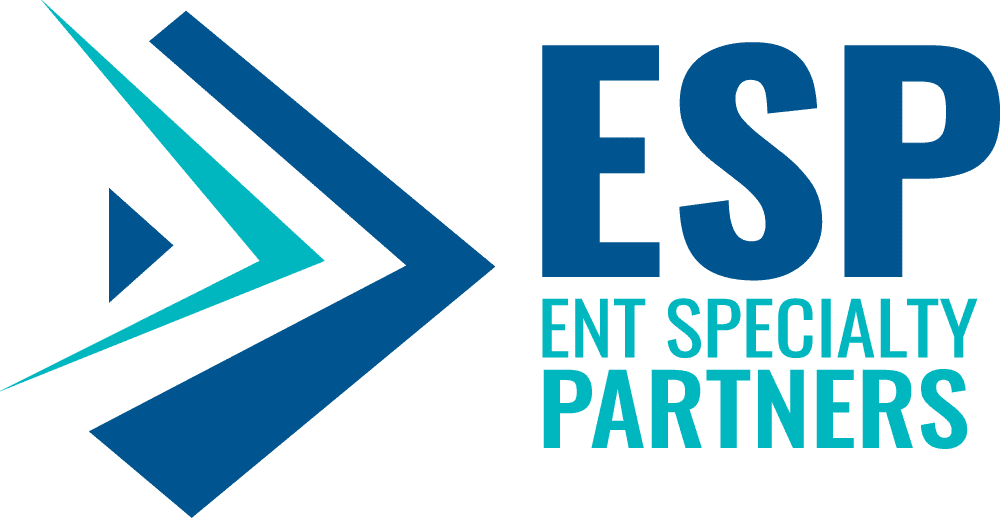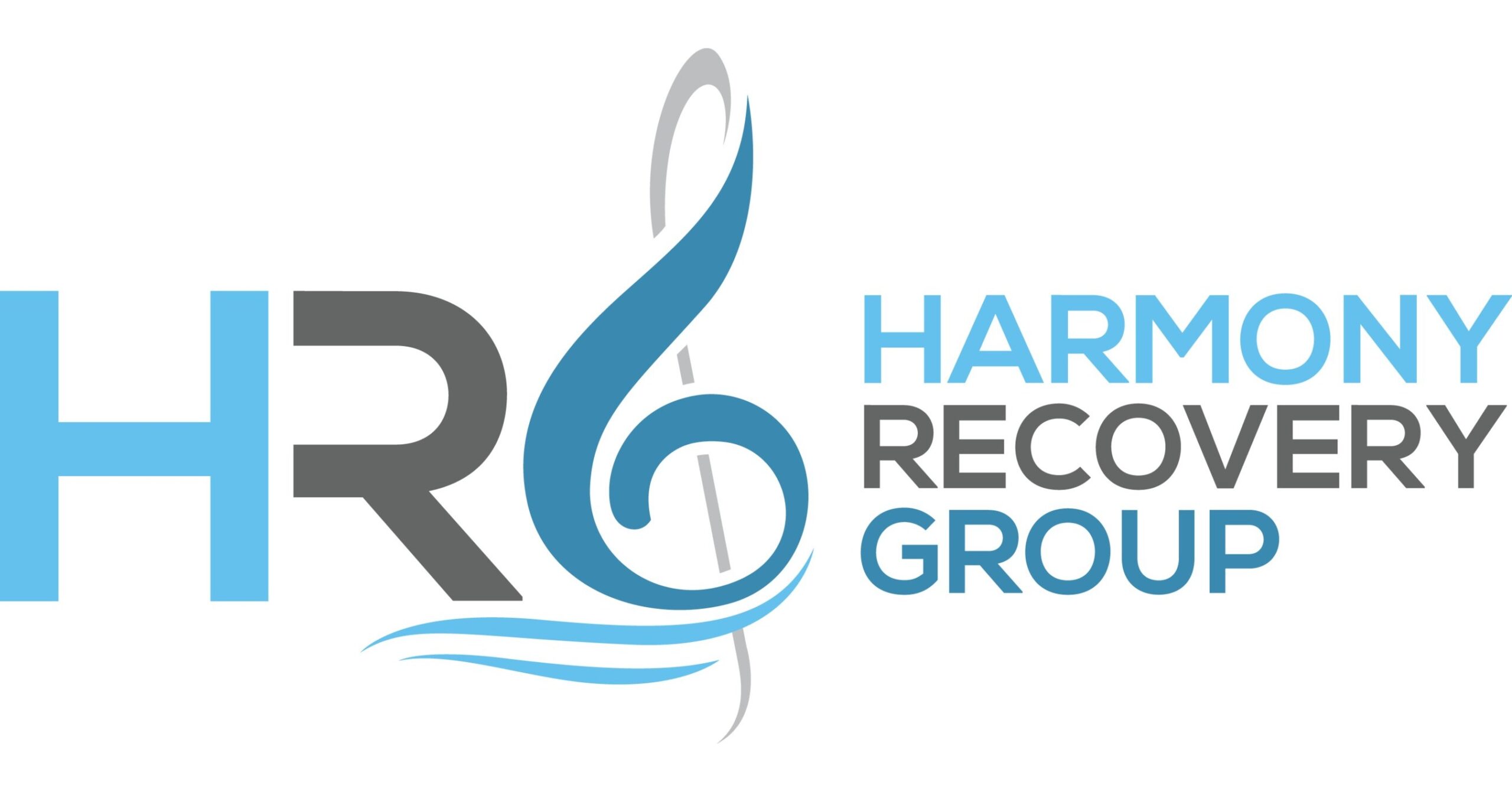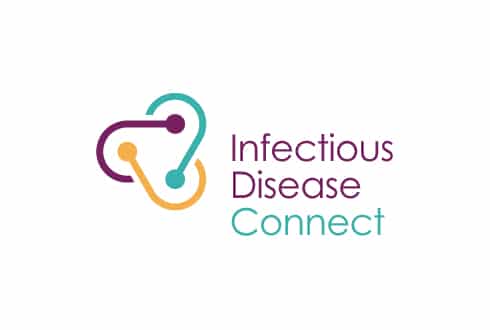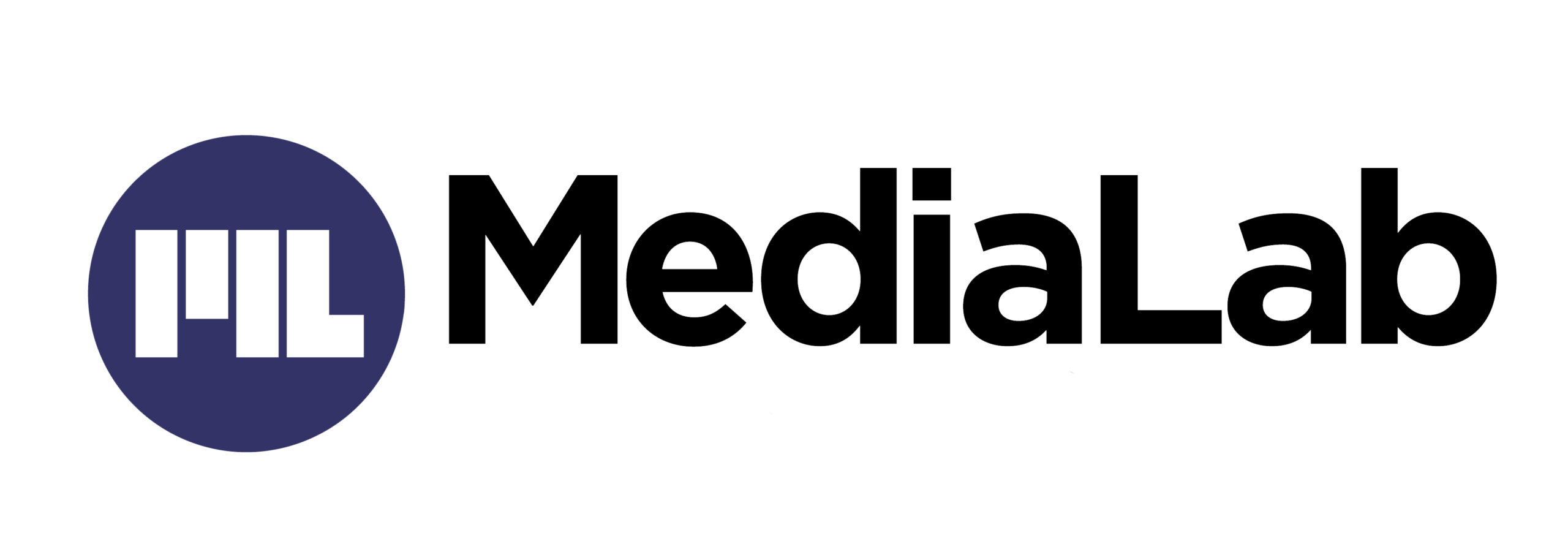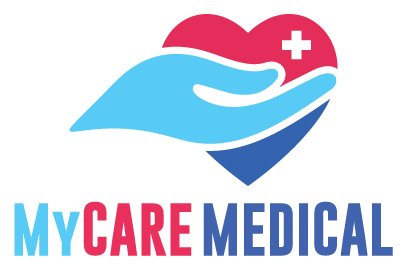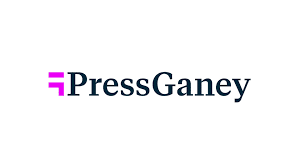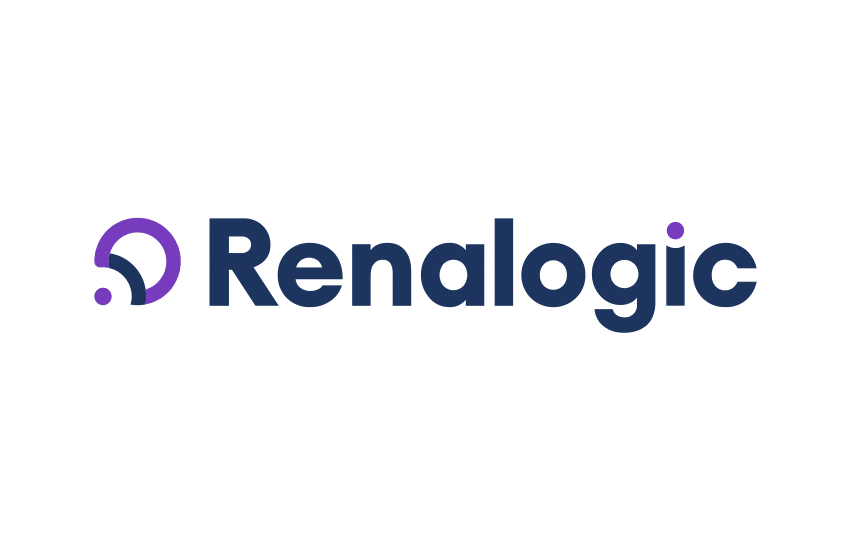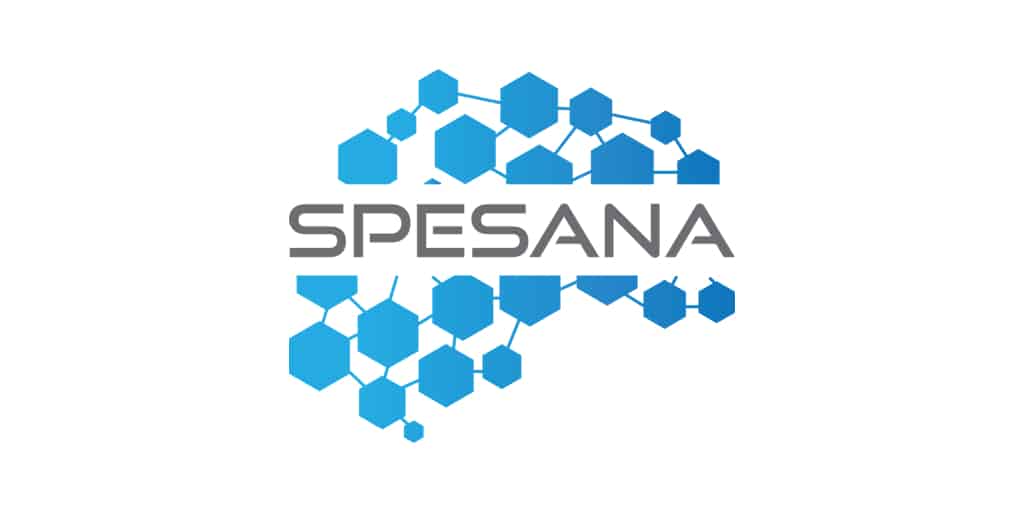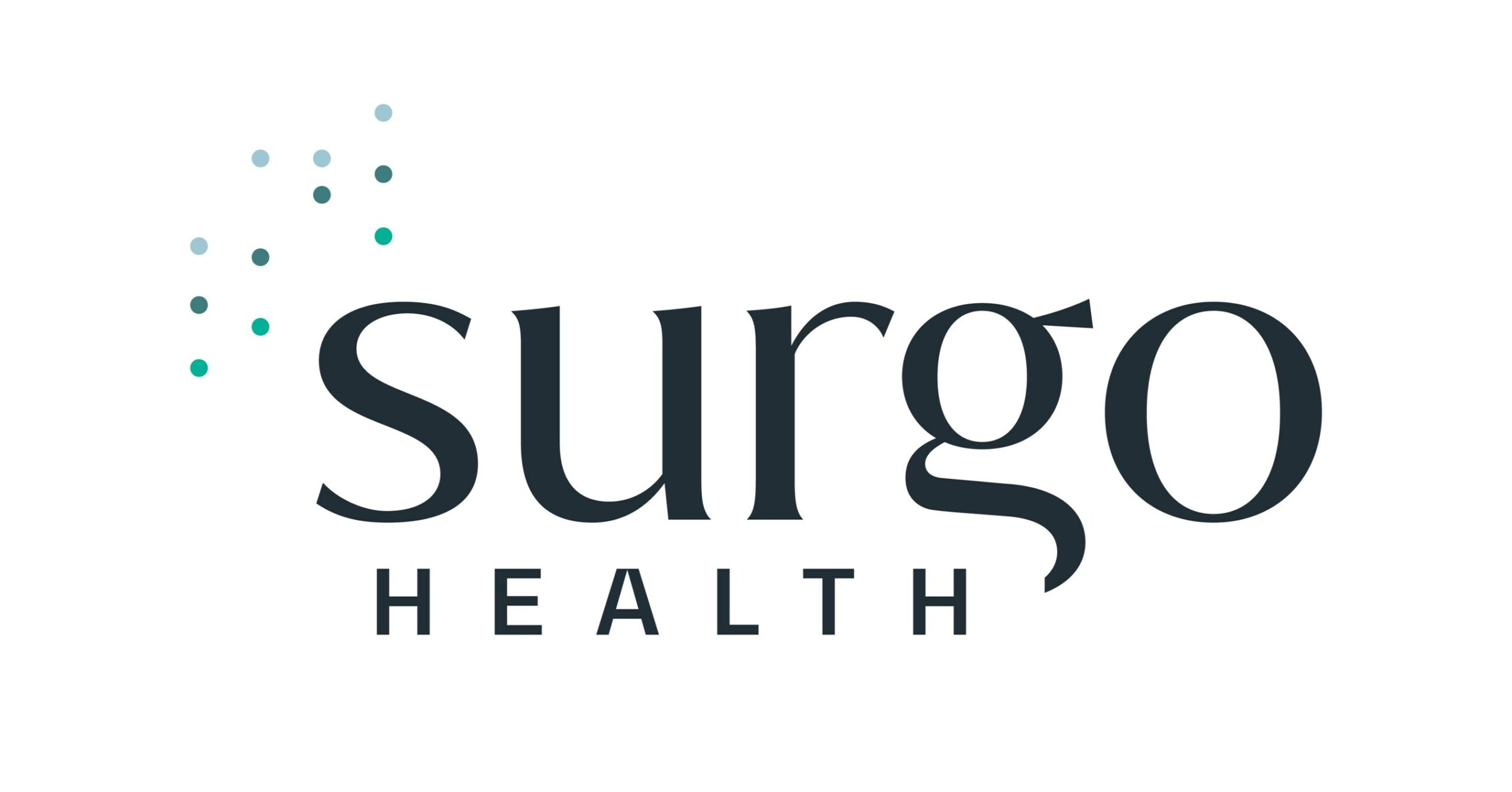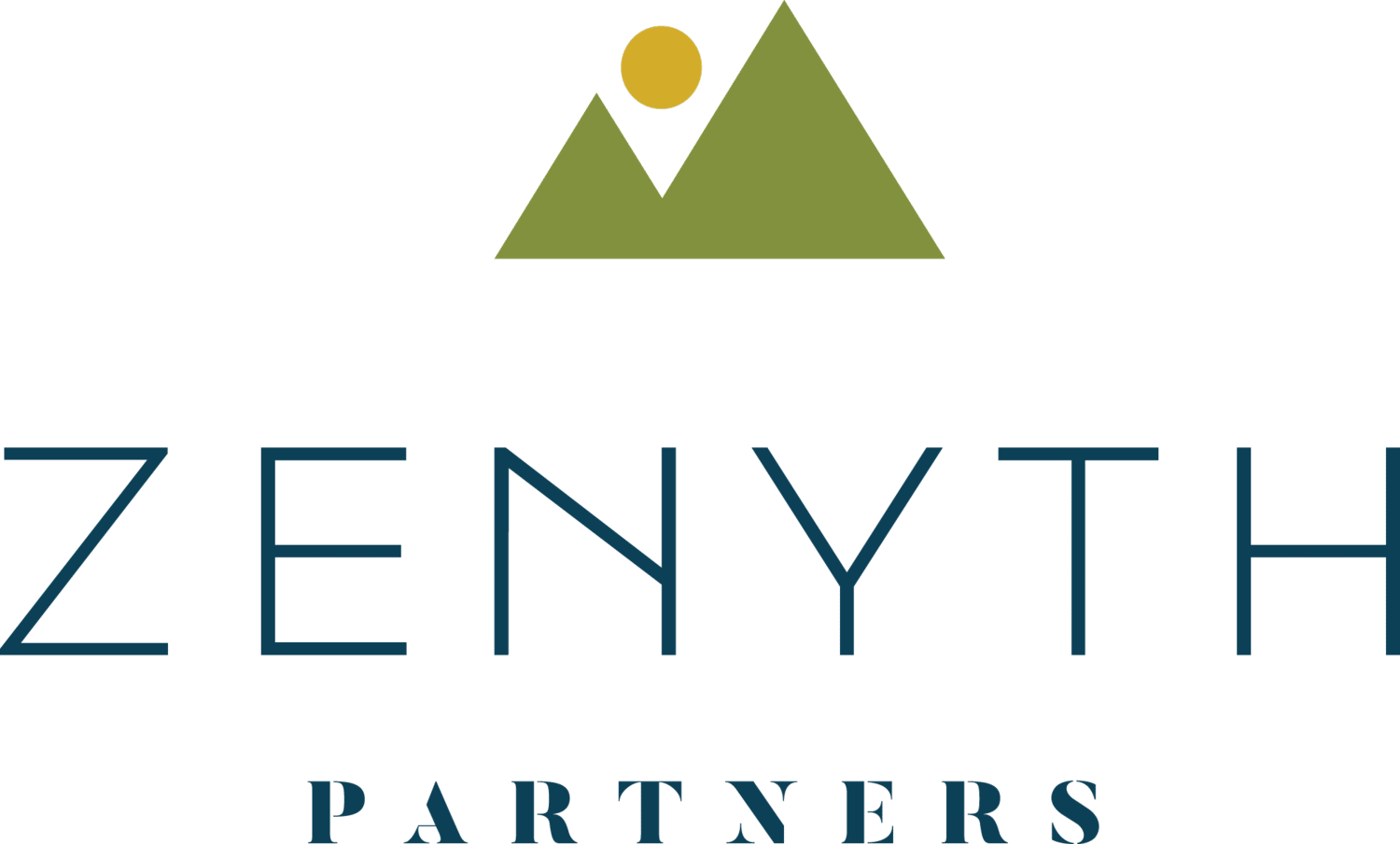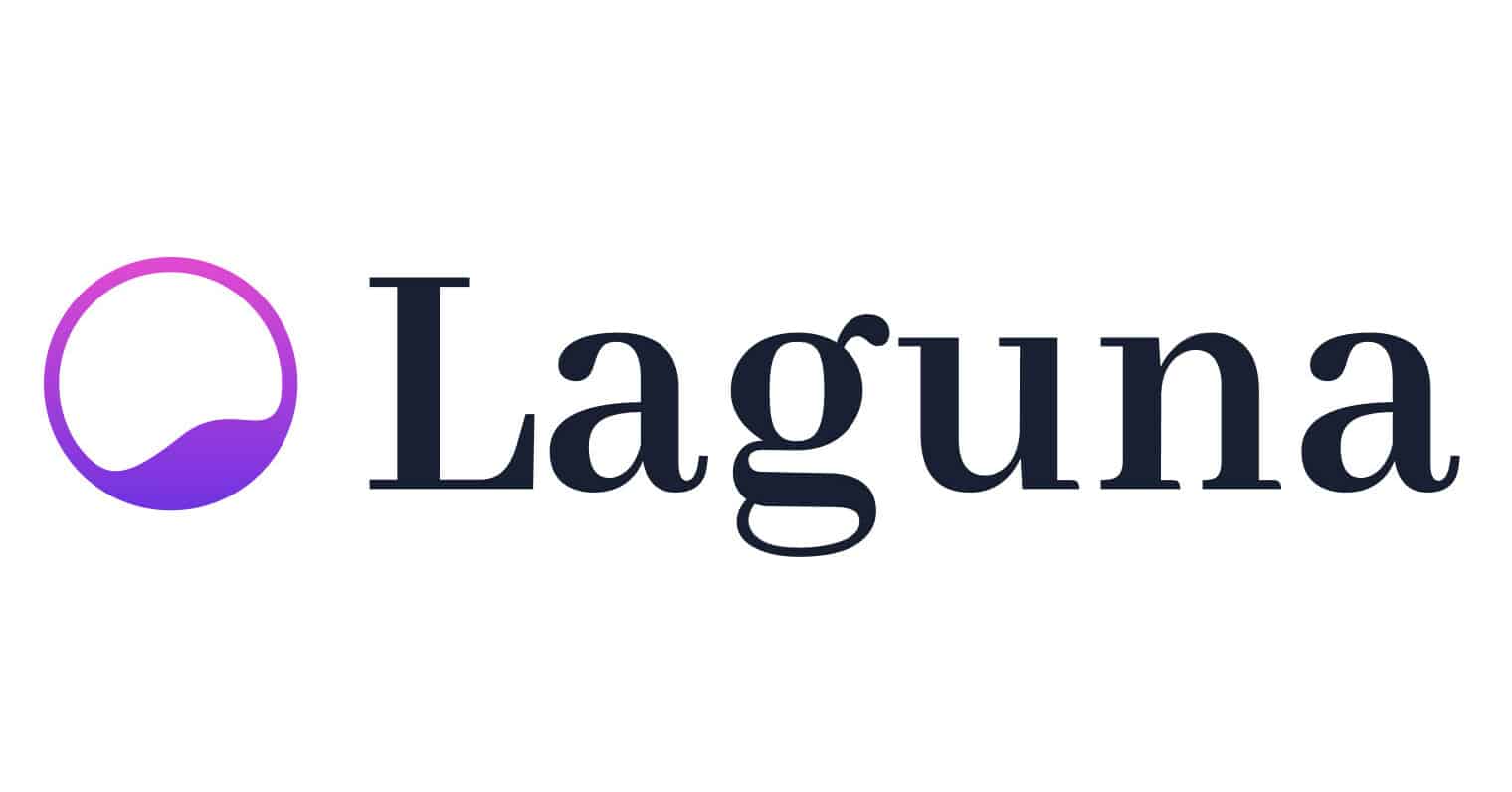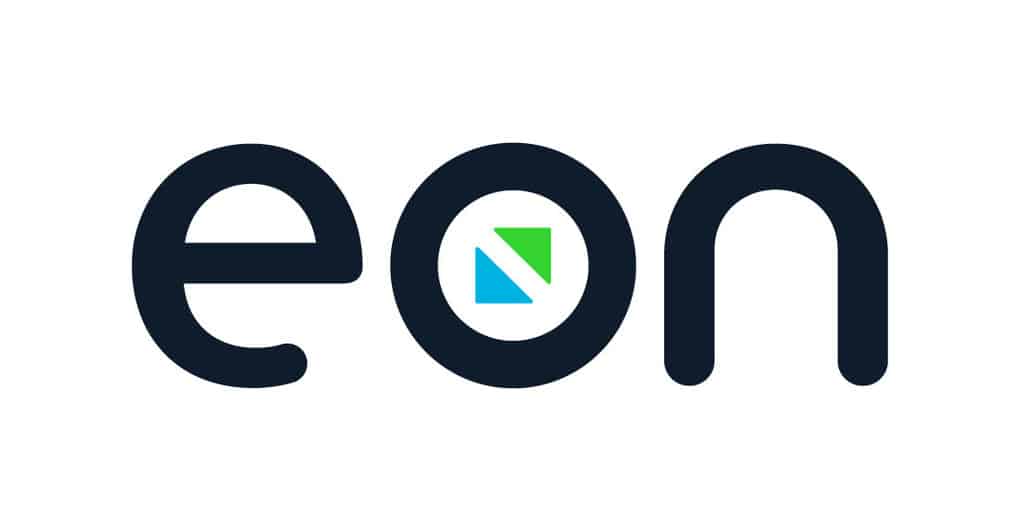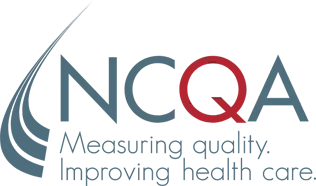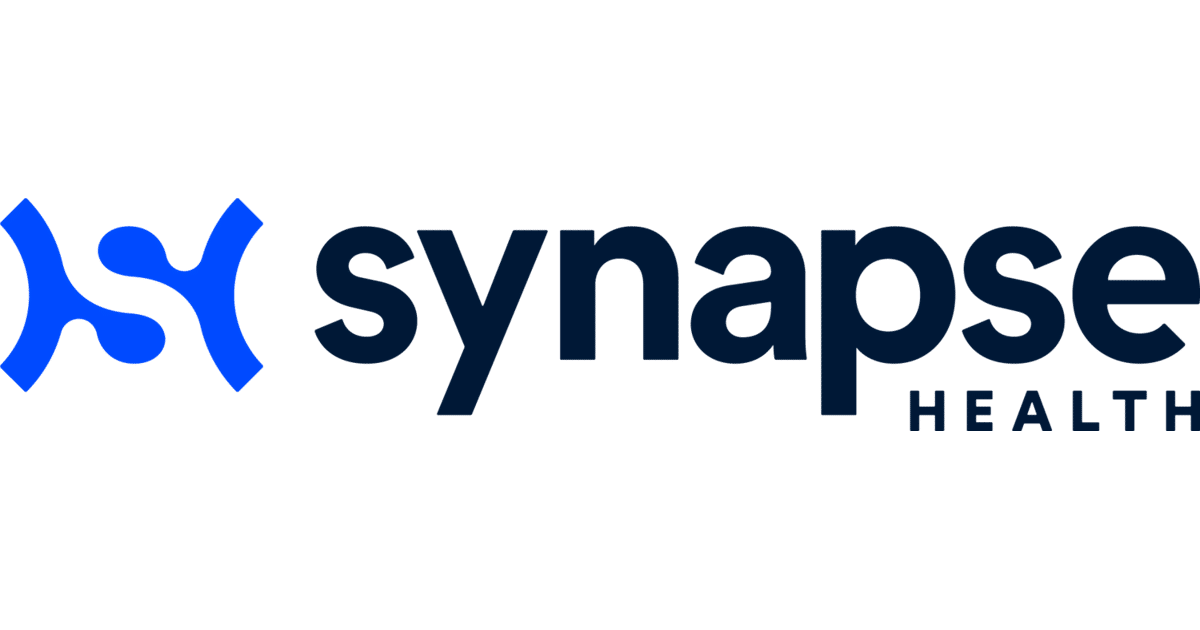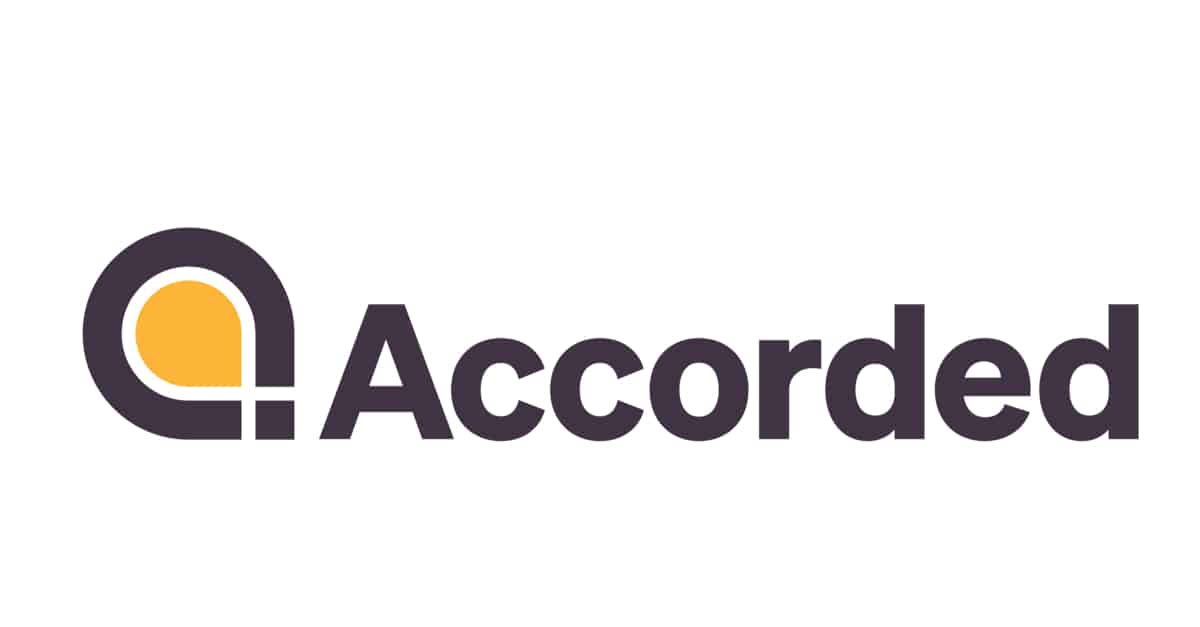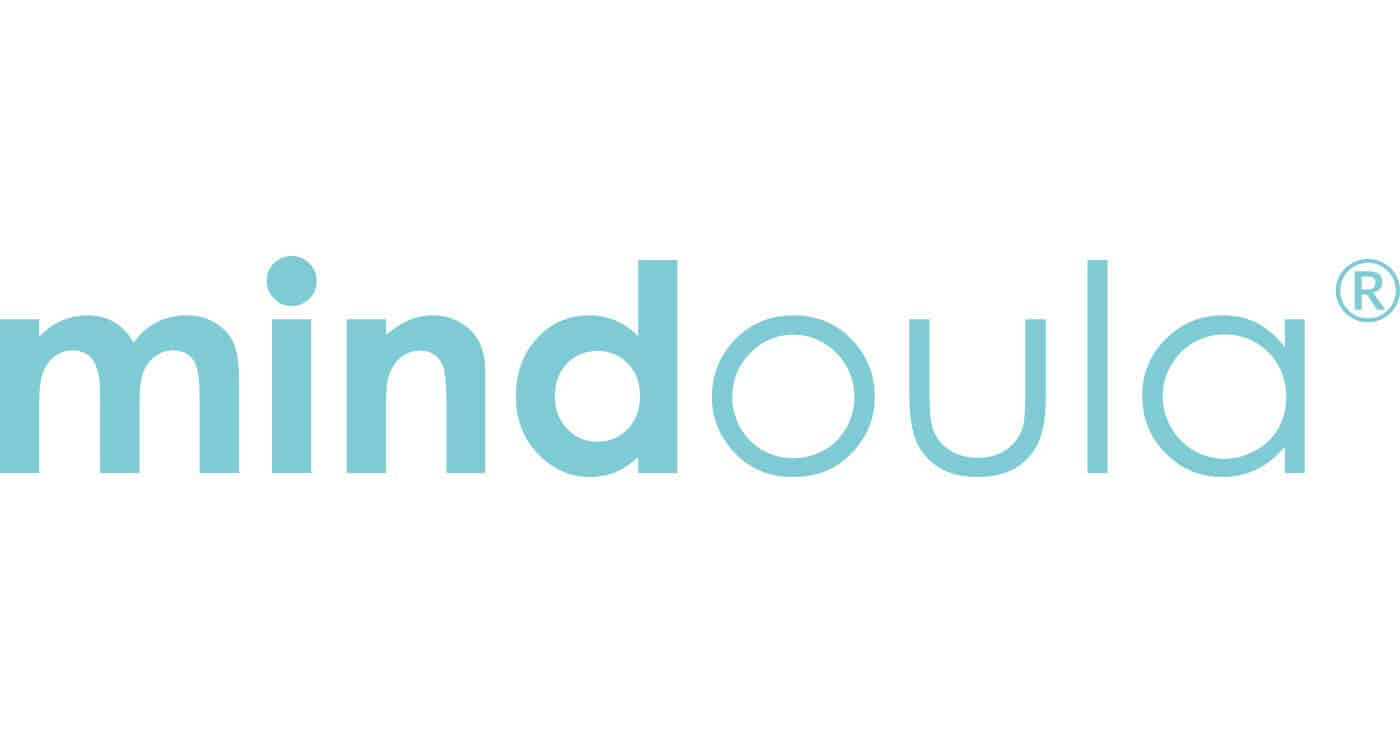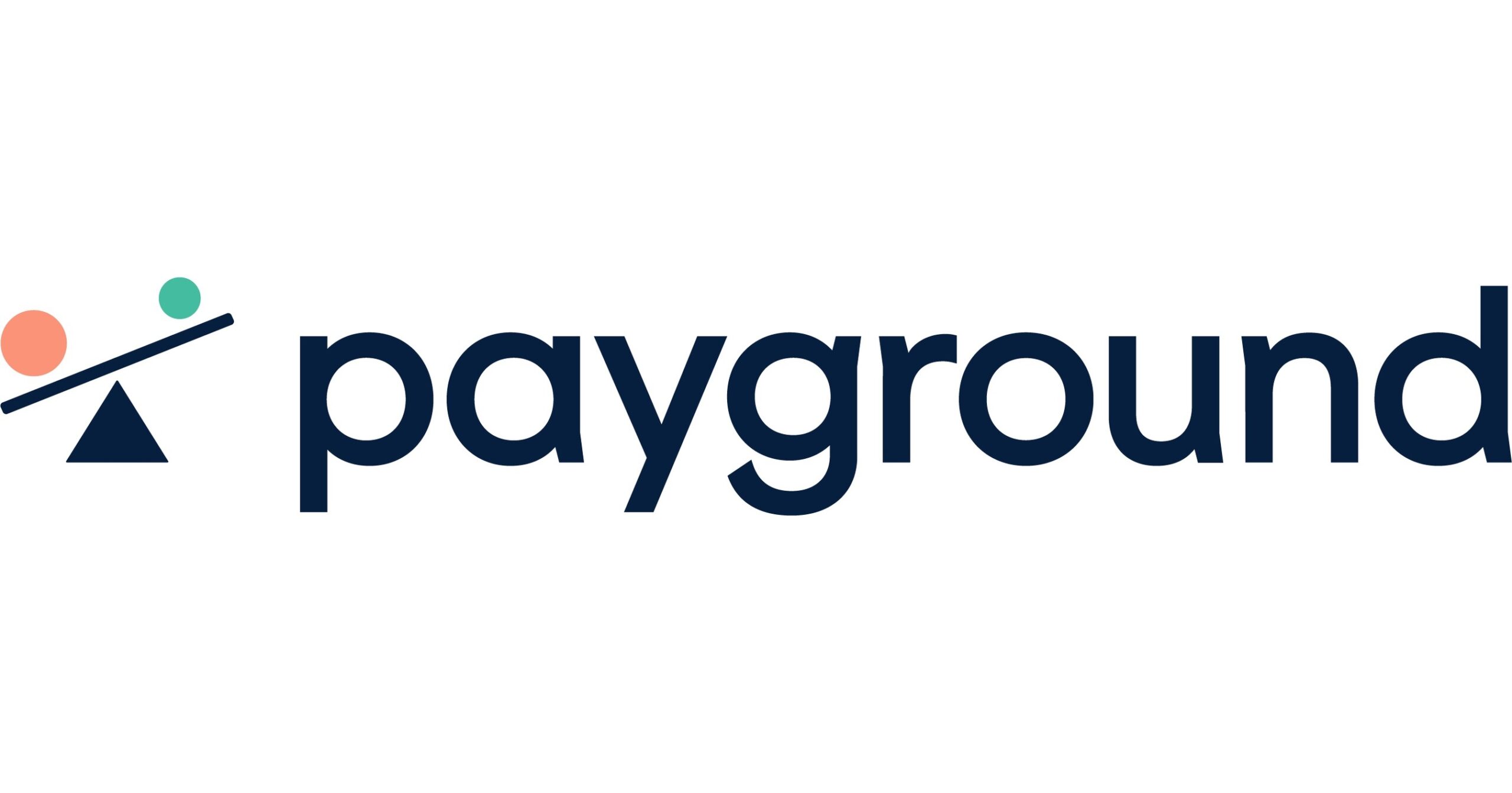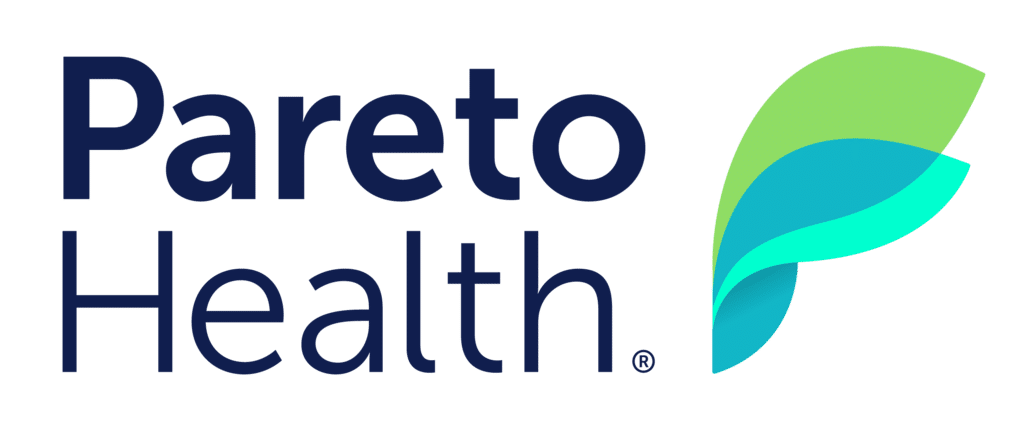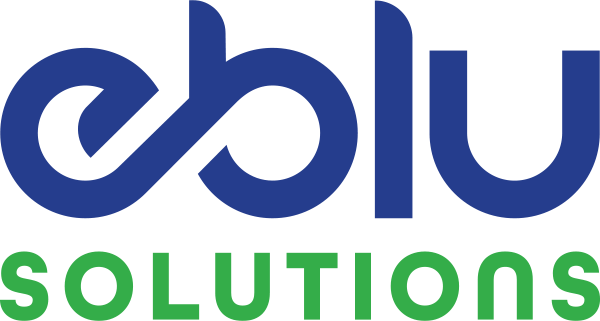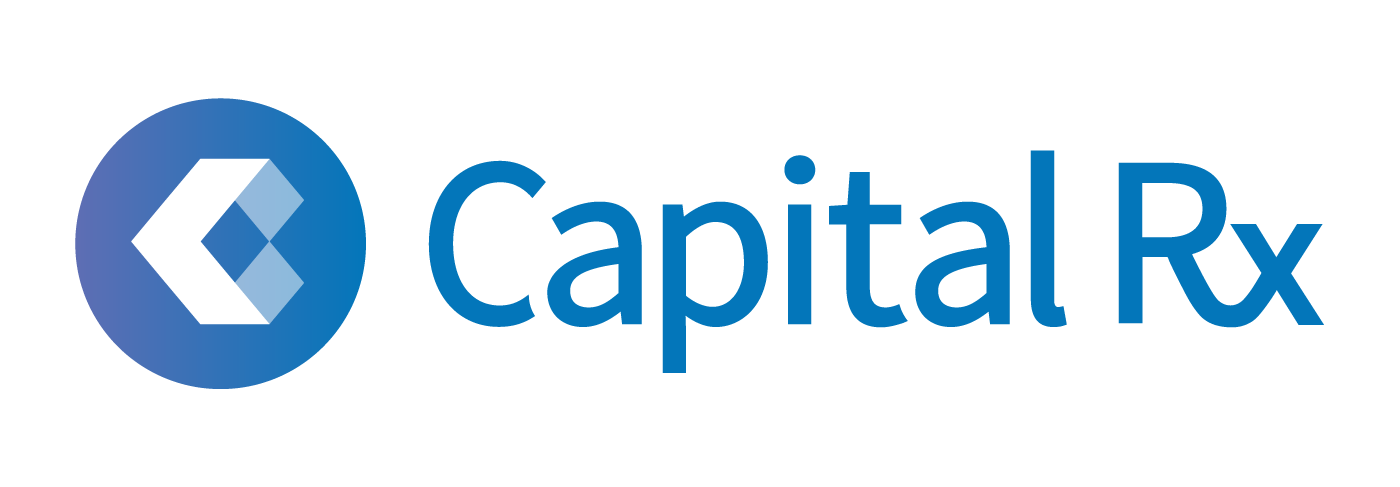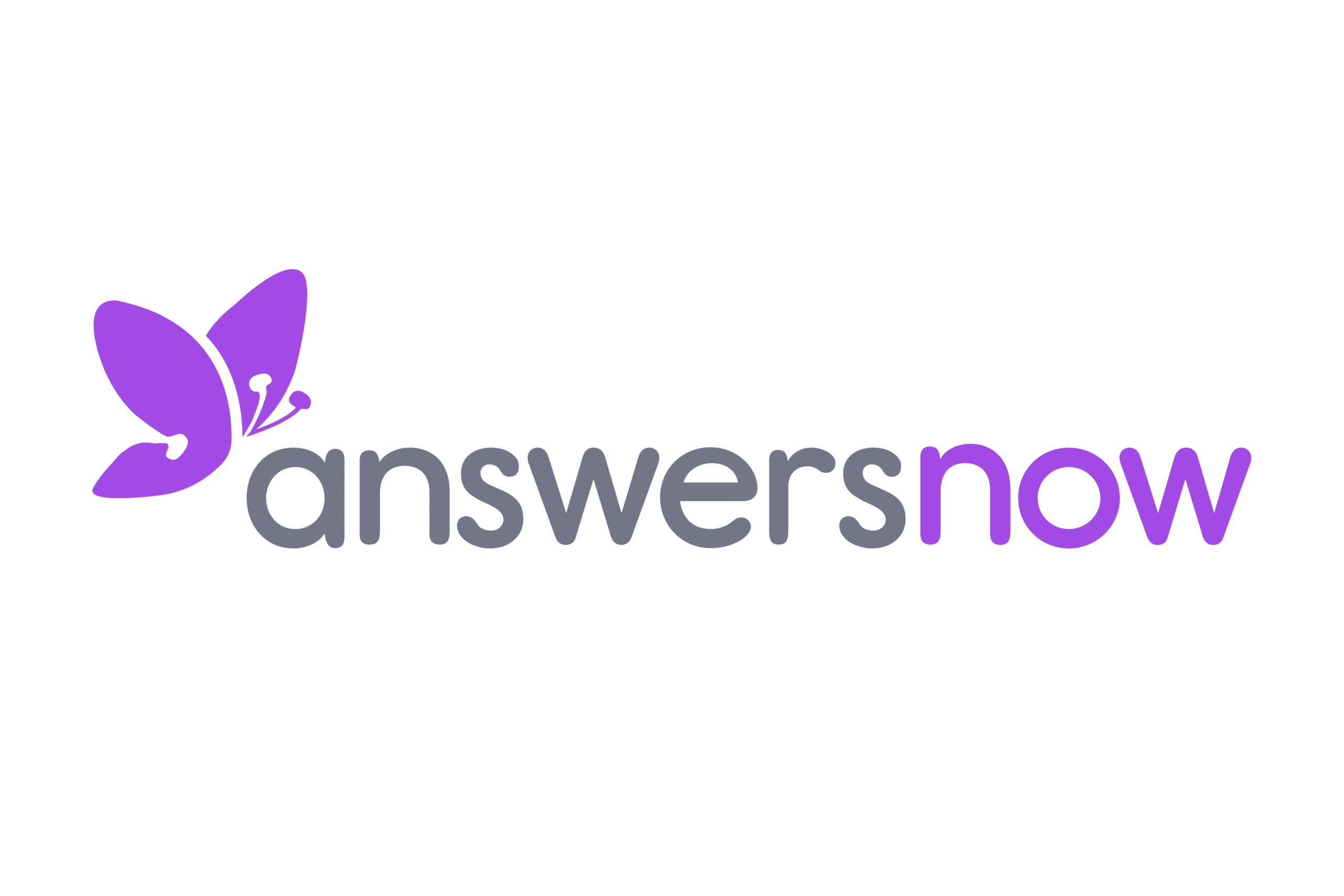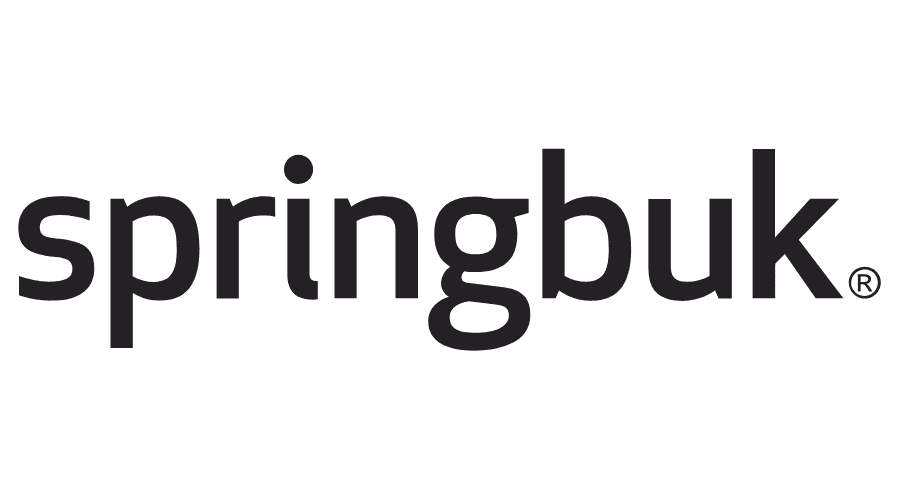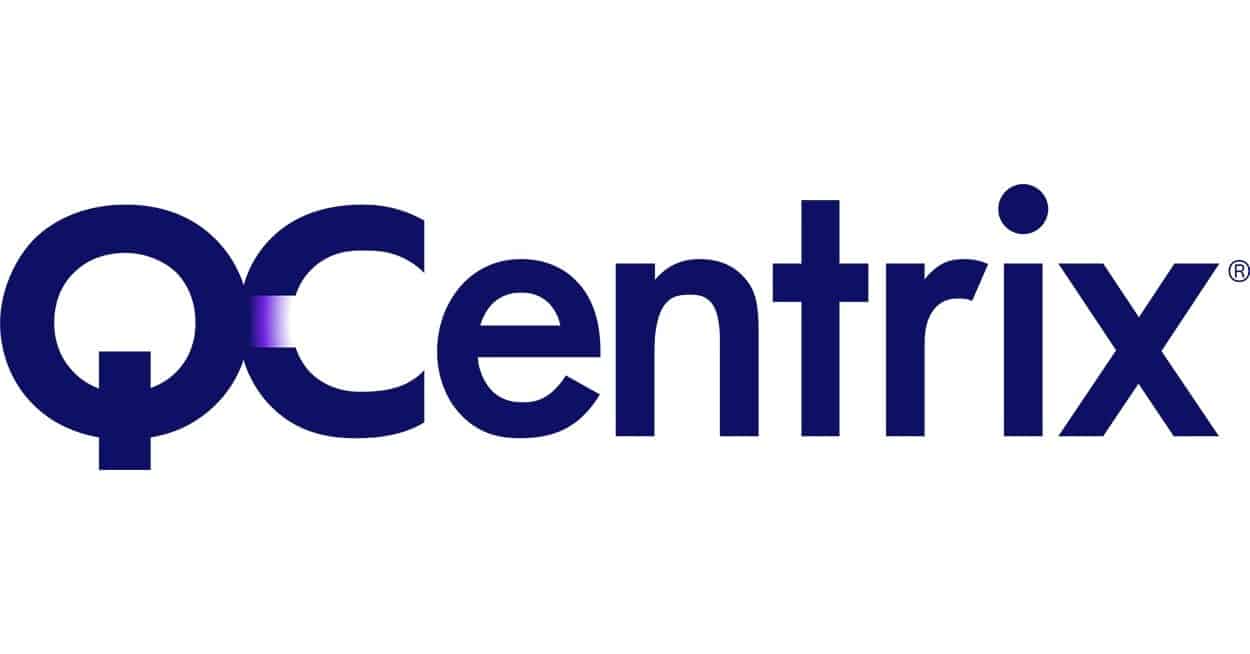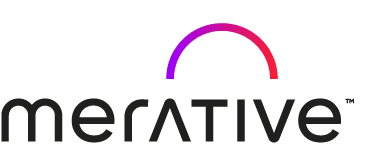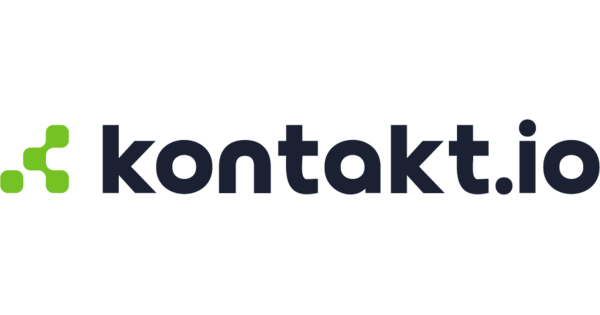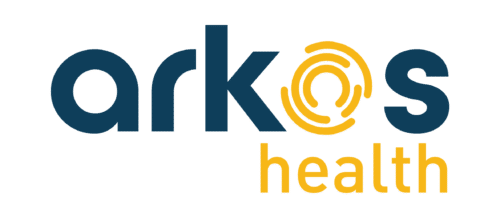In the rapidly evolving landscape of artificial intelligence (AI), the demand for skilled engineers continues to surge, especially in healthcare technology. However, as organizations strive to build robust AI teams, they are confronted with a critical imperative: to prioritize diversity in their recruiting efforts.
Diversity not only fosters innovation and creativity but also enhances the ethical and societal implications of AI technologies. I strongly believe that ultimately, this is what will differentiate a good AI tool from a great, long-lasting, and high-demand AI tool. In this article, we explore the significance of diversity in recruiting AI professionals and outline strategic approaches for cultivating inclusive and high-performing teams.
The Importance of Diversity
Diversity in AI teams is crucial for several reasons. First and foremost, diverse teams bring together a range of perspectives, experiences, and thought processes, which are essential for tackling complex problems and driving innovation. In the context of AI development, diverse teams are better equipped to recognize and mitigate biases, ensuring that AI technologies are more equitable and inclusive.
Moreover, diversity in AI teams is essential for building AI systems that serve the needs of diverse populations. Without diverse representation, AI algorithms may perpetuate biases and inaccuracies, leading to discriminatory outcomes and exacerbating existing inequalities. By fostering diversity in AI teams, organizations can develop more ethical and socially responsible AI solutions that benefit society as a whole.
Strategies for Cultivating Diversity
To cultivate diversity in recruiting AI professionals, organizations can adopt several strategic approaches:
1. Diverse Talent Pipelines
Proactively seek out diverse talent by tapping into a wide range of talent pipelines, including historically underrepresented groups in AI such as women, minorities, and individuals from non-traditional backgrounds. Partnering with organizations and institutions that promote diversity in STEM fields, such as Historically Black Colleges and Universities (HBCUs), can help expand the pool of qualified candidates.
Related: Women Who Advocate for Diversity, Equity, and Inclusion in Healthcare
2. Inclusive Recruitment Practices
Review and refine recruitment processes to remove barriers and biases that may deter diverse candidates from applying. Implement blind resume screening techniques, standardized interview protocols, and diverse interview panels to ensure fairness and objectivity in candidate evaluation.
Related: Inclusive Leadership with Joe Dillard, PhD
3. Promoting Diversity from Within
Foster a culture of diversity and inclusion within the organization to attract and retain diverse talent. Provide opportunities for professional development, mentorship, and career advancement for employees from underrepresented groups. Celebrate diversity through employee resource groups, diversity training programs, and inclusive policies and practices.
4. Community Engagement and Outreach
Engage with the broader AI community through outreach initiatives, networking events, and conferences focused on diversity and inclusion in AI. By actively participating in and supporting diversity initiatives, organizations can demonstrate their commitment to fostering a more inclusive AI ecosystem.
Conclusion
In the quest to build high-performing AI teams, diversity must be viewed not just as a nice-to-have but as a strategic imperative. By prioritizing diversity in recruiting AI professionals, organizations can drive innovation, enhance ethical AI development, and create more inclusive technologies that benefit society as a whole. Let us commit to fostering diverse and inclusive AI teams that reflect the richness and diversity of the world we live in.
This article was written by Sharon Staggers, Principal of ChasmTeam, the non-executive recruiting division of Chasm Partners. ChasmTeam supports the growth of leading healthcare technology and healthcare services in the U.S., helping to place individual roles and build teams across all levels and functions.



